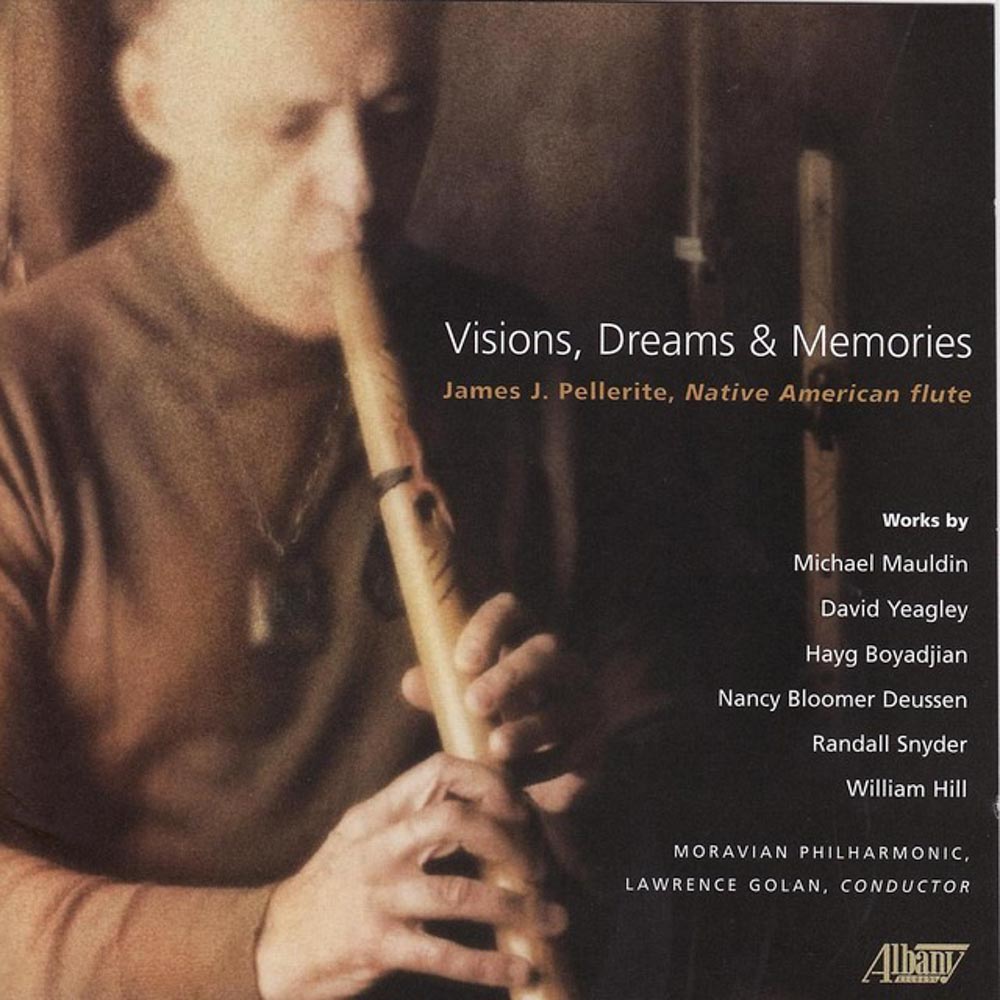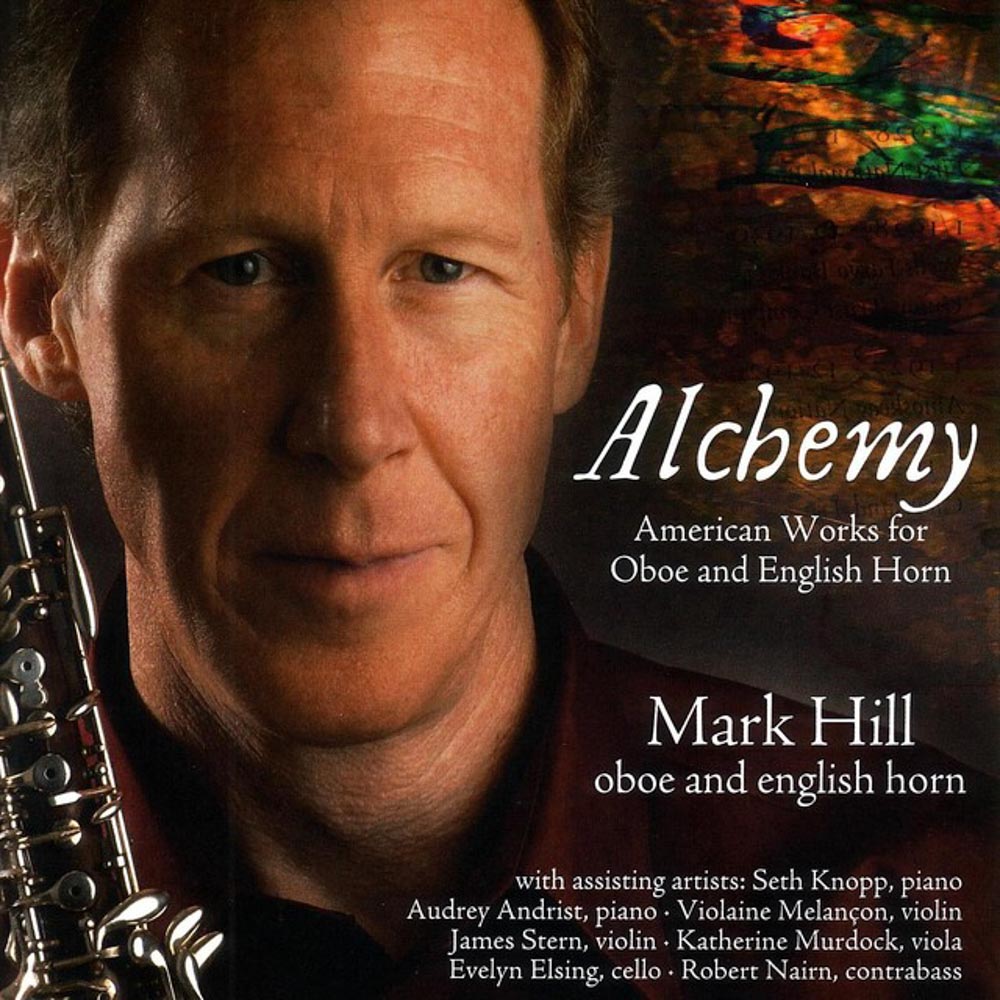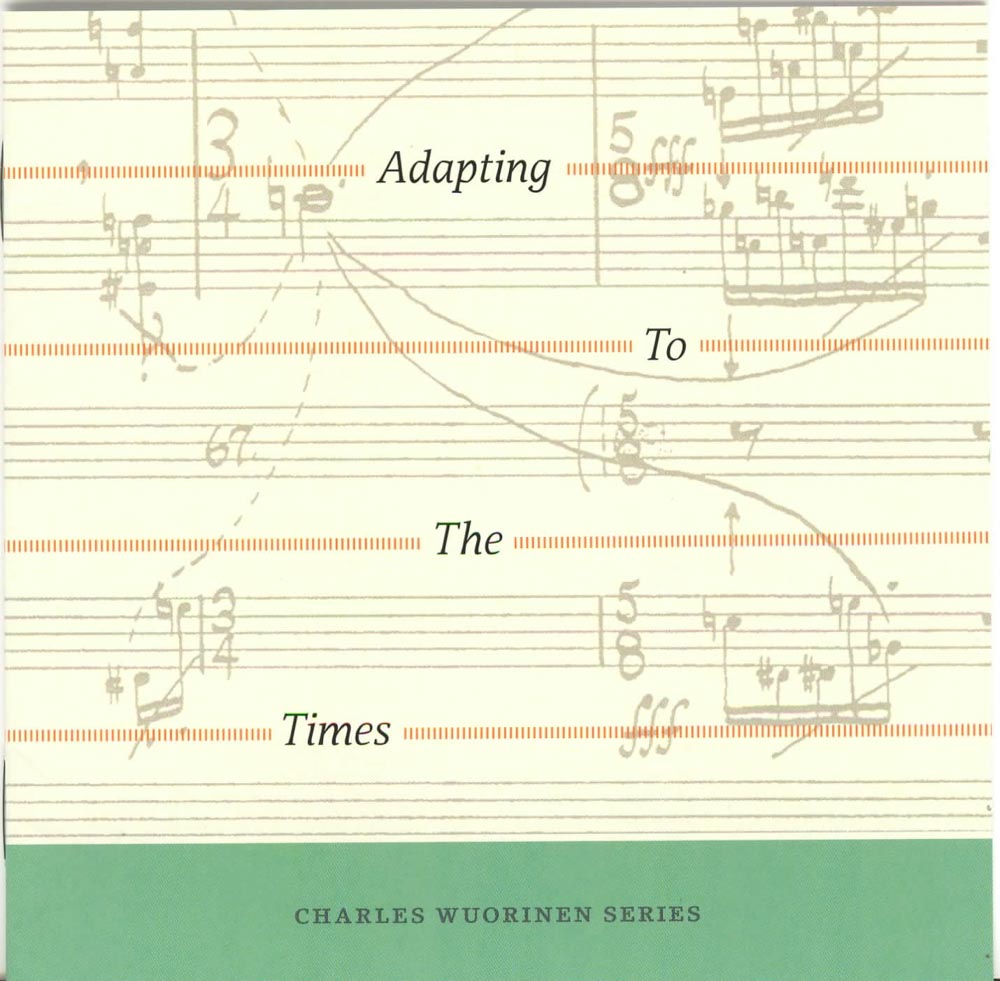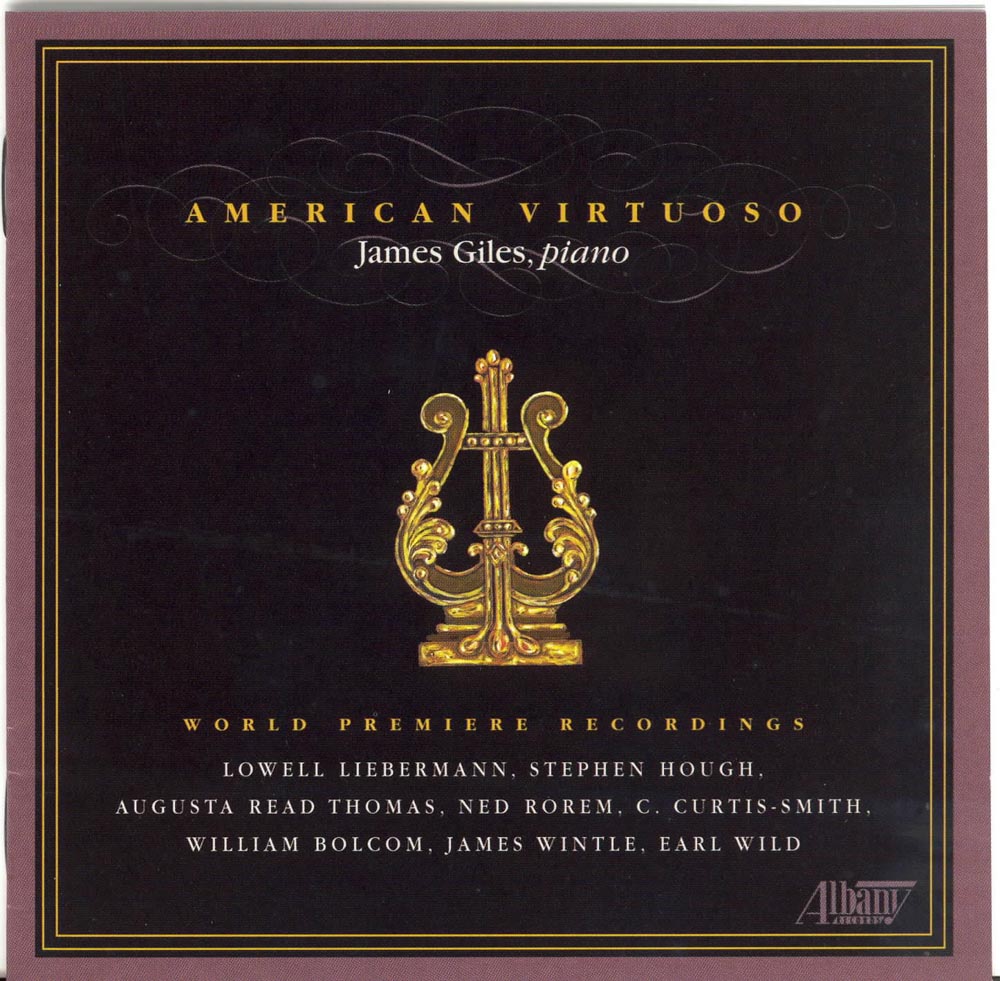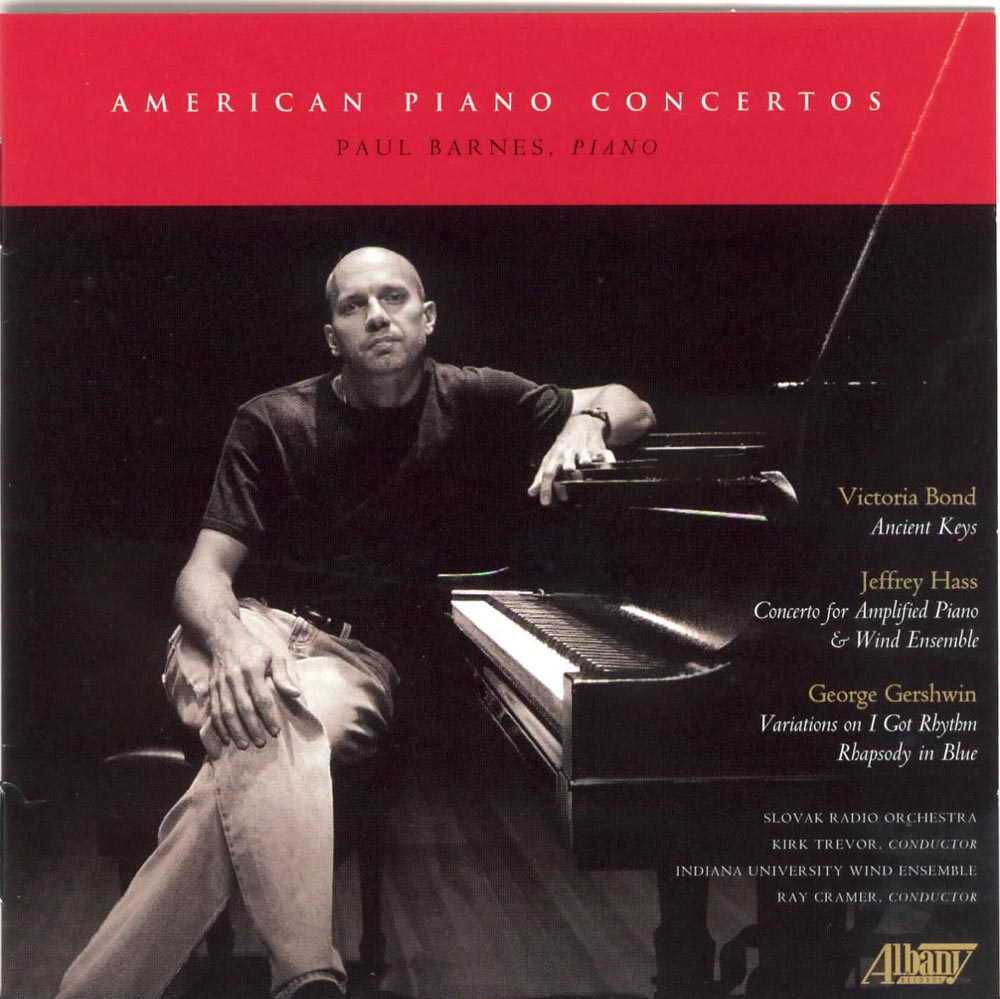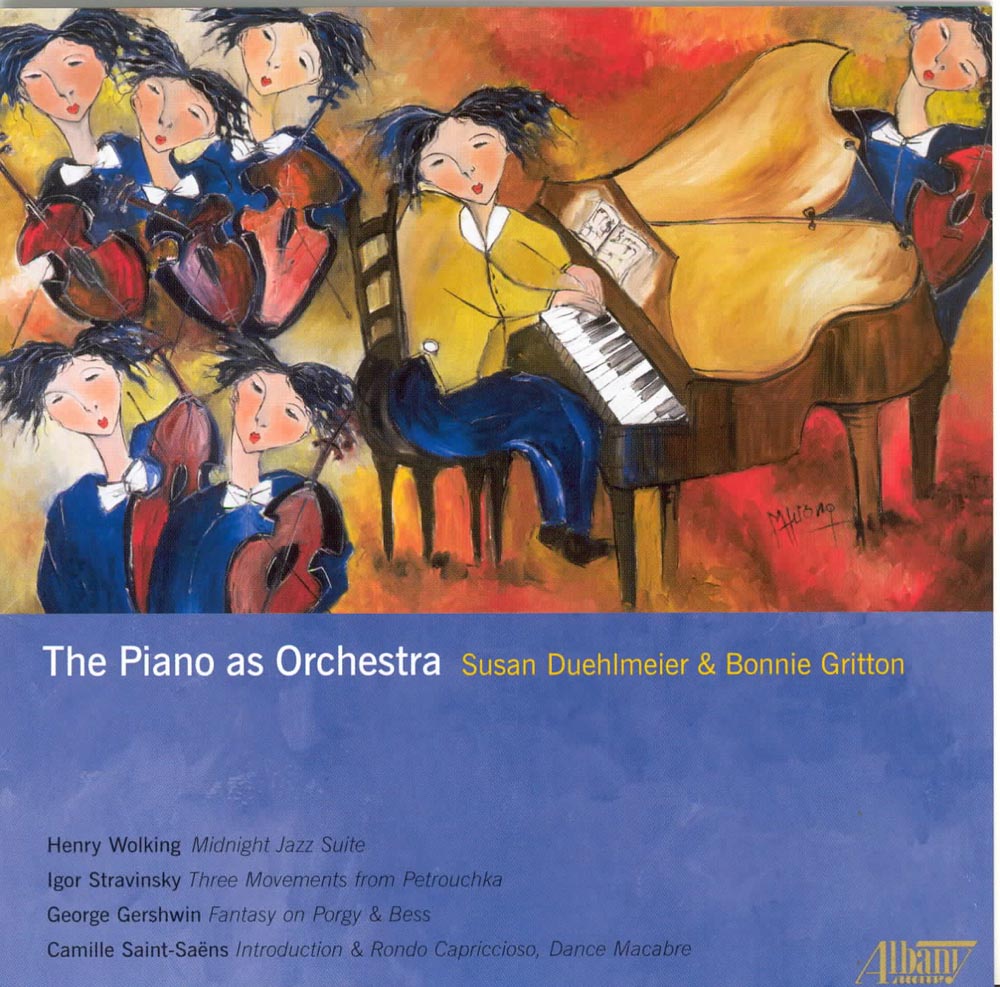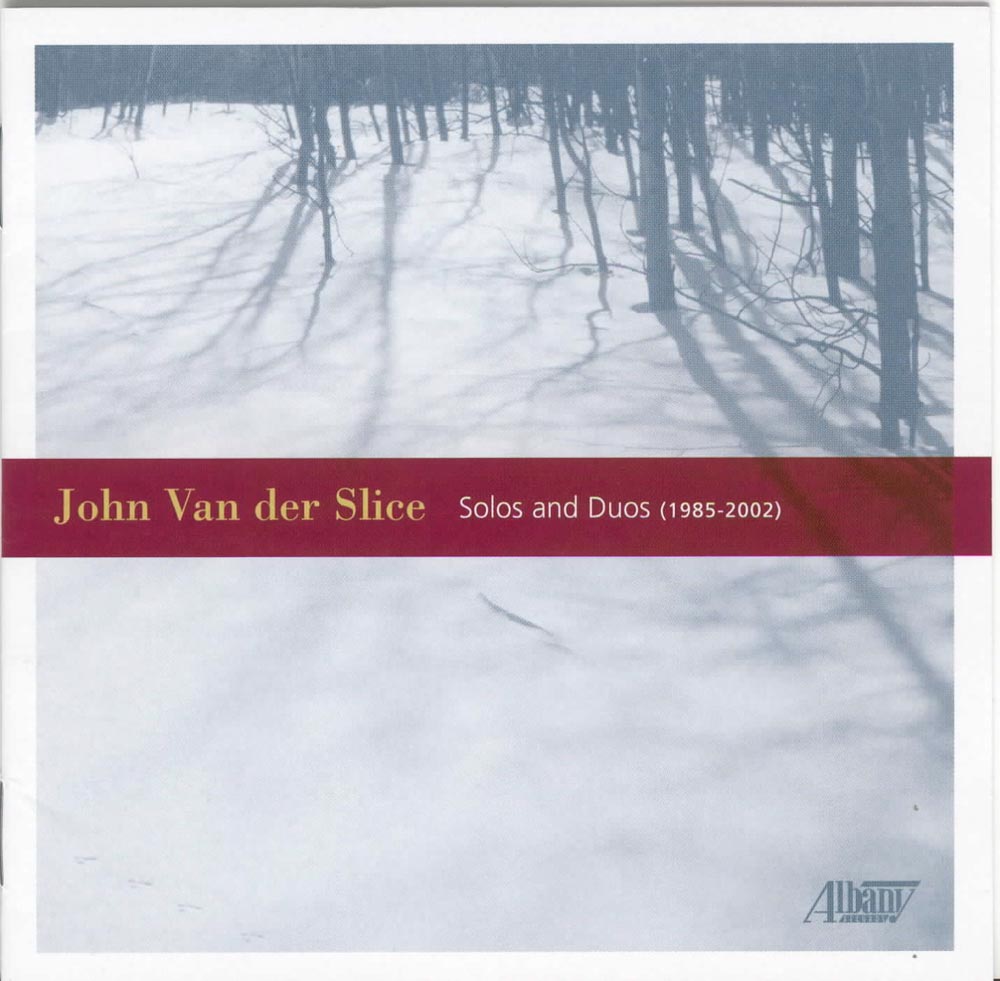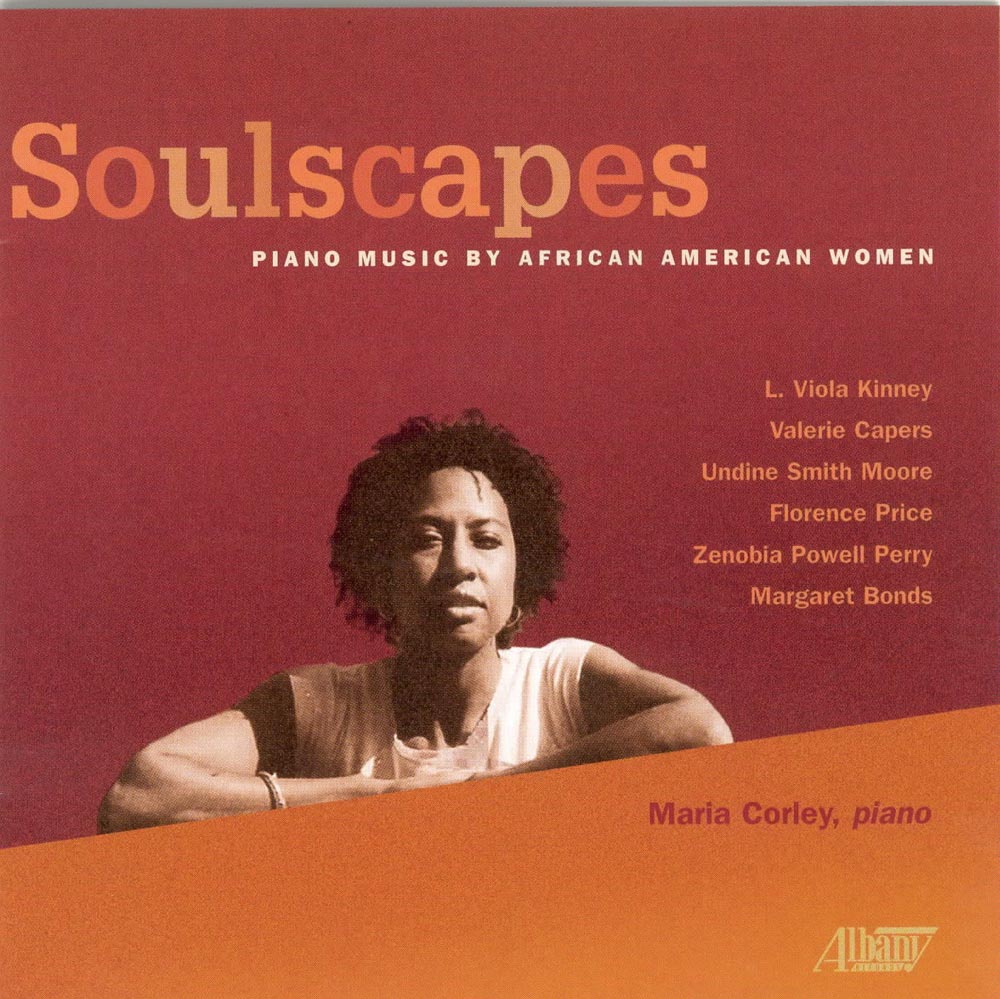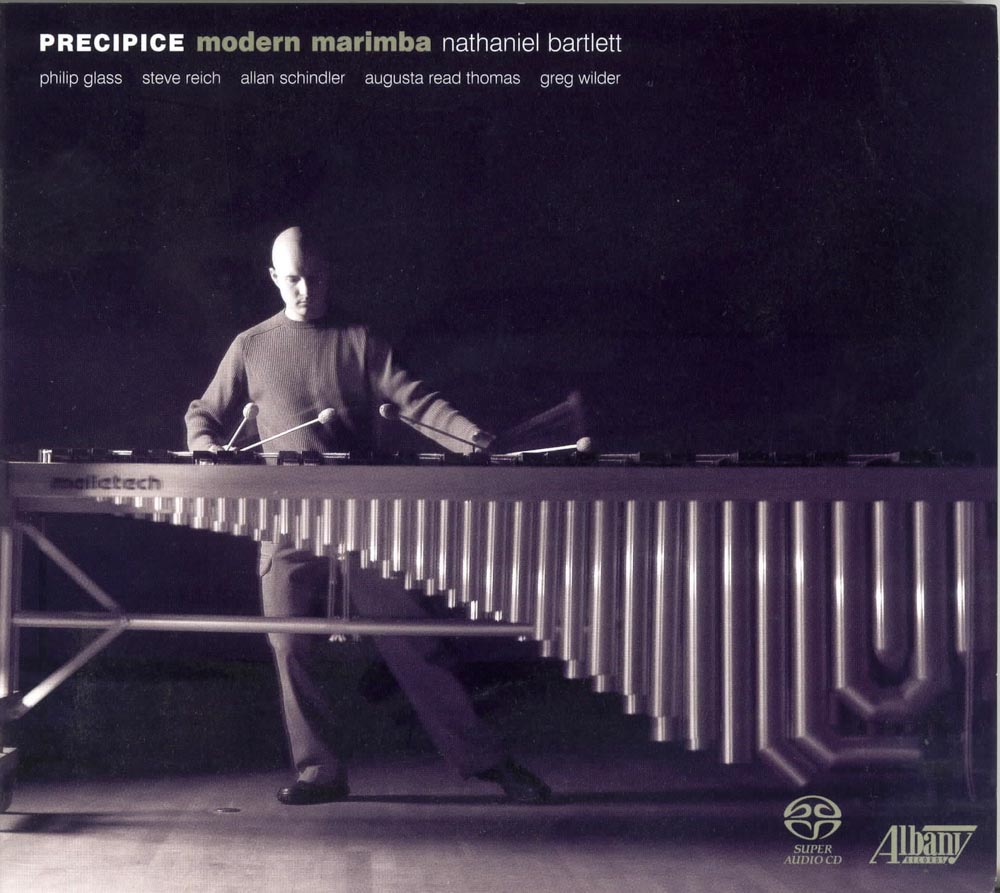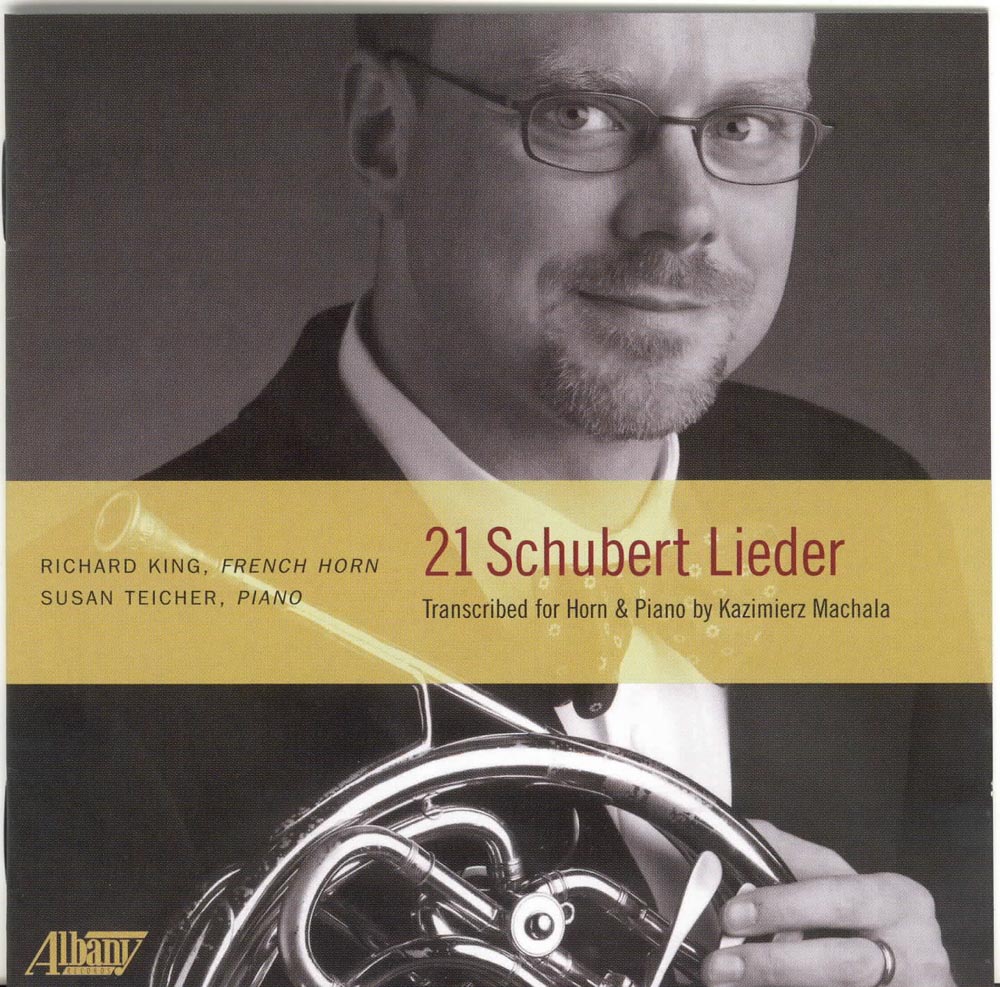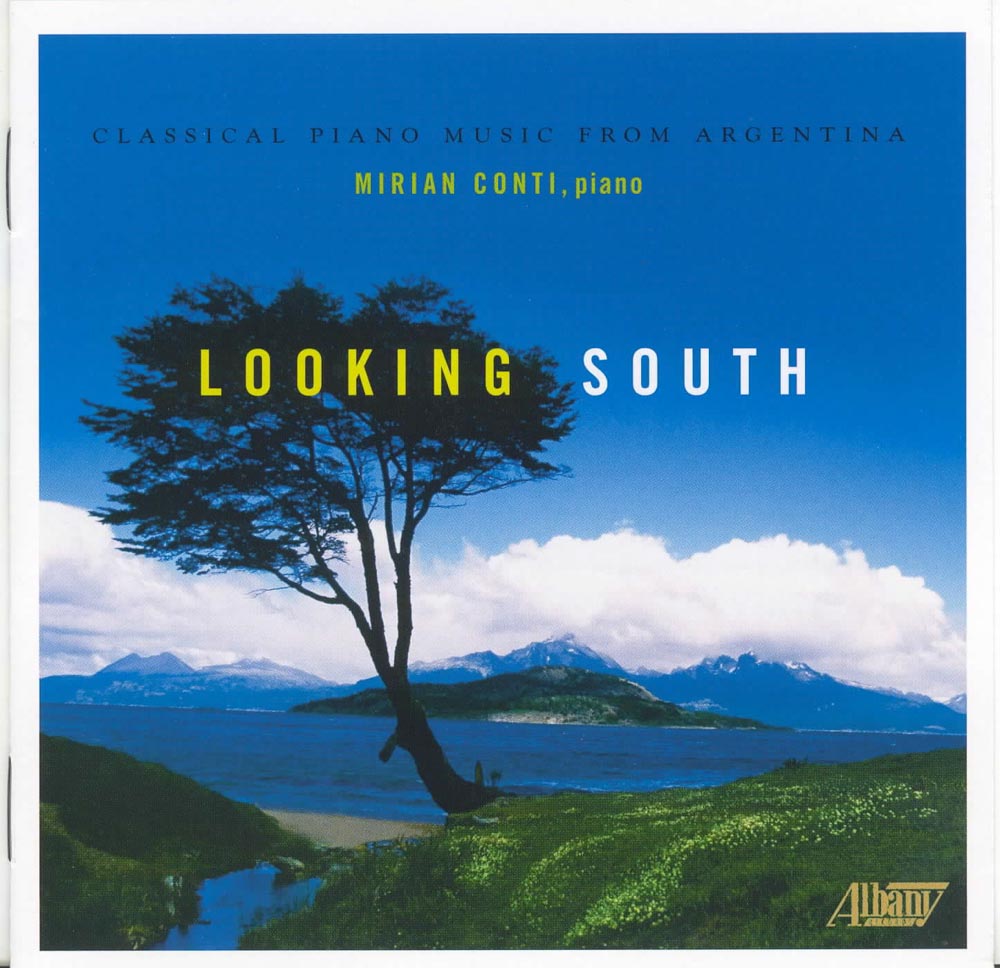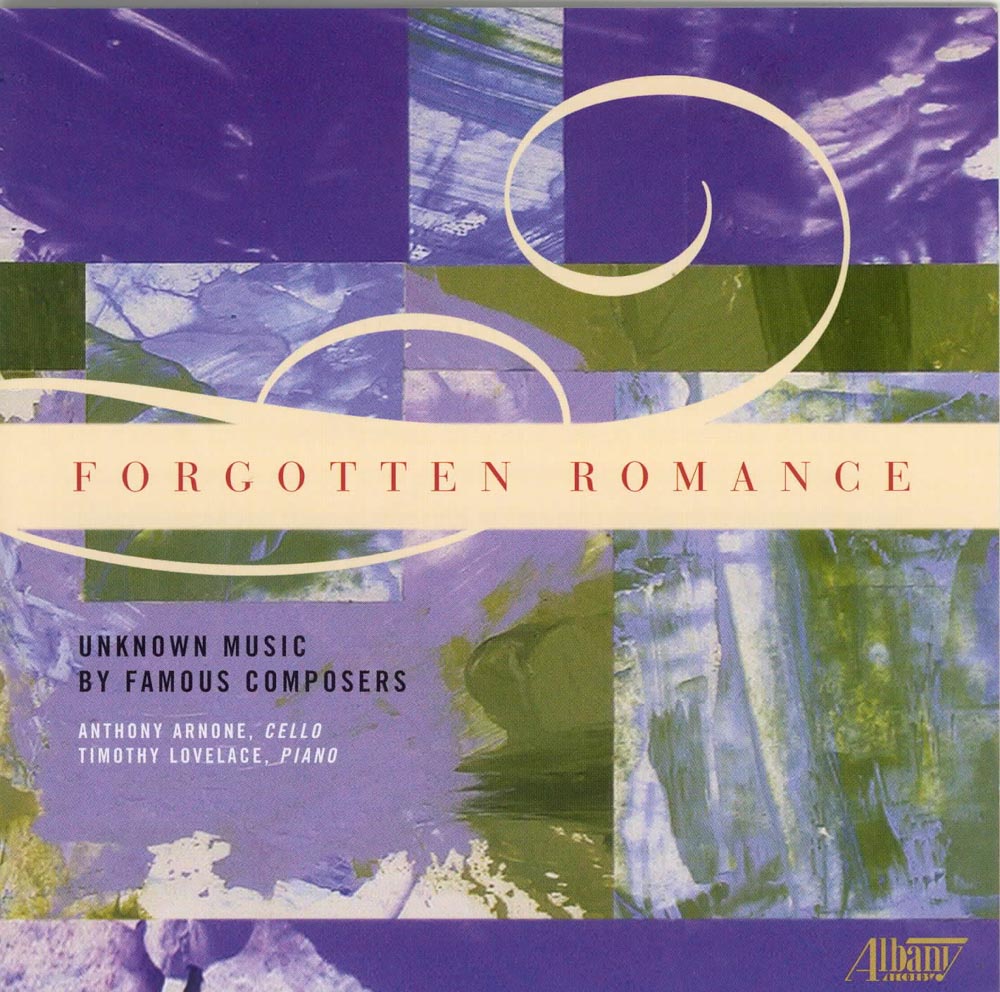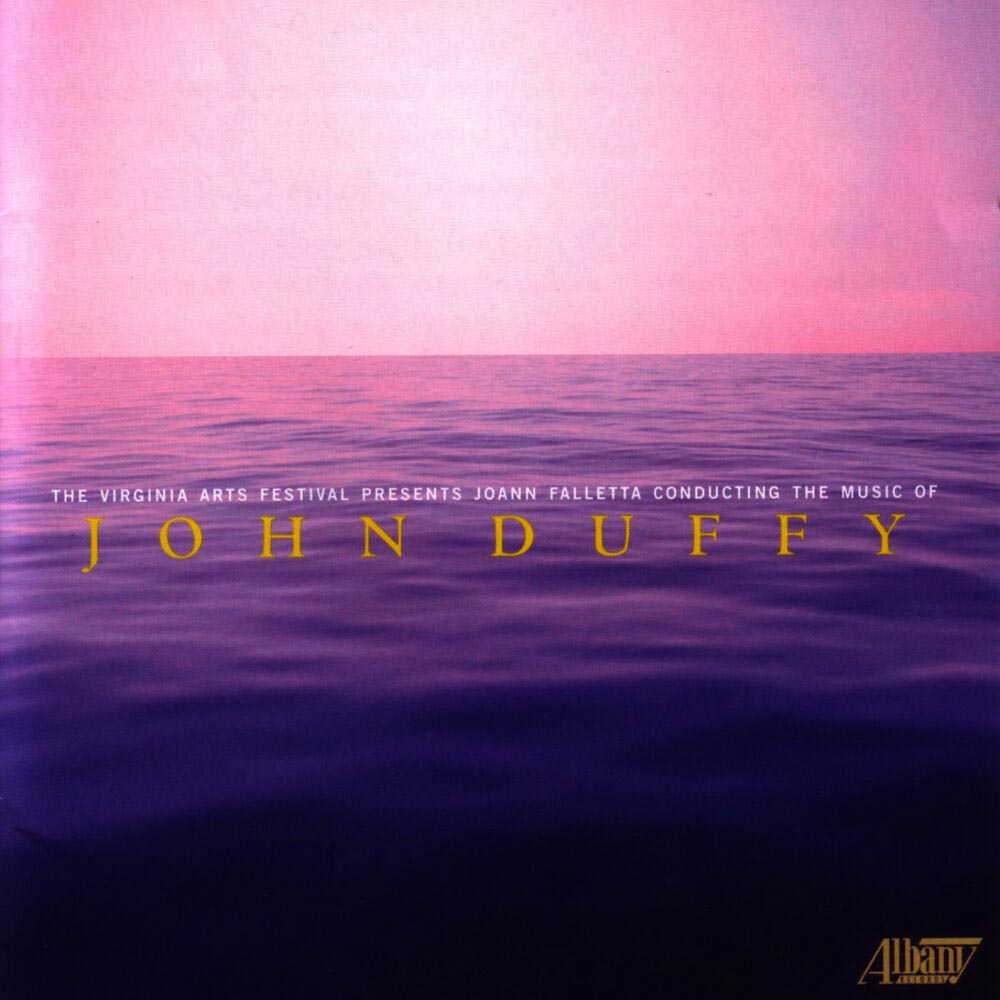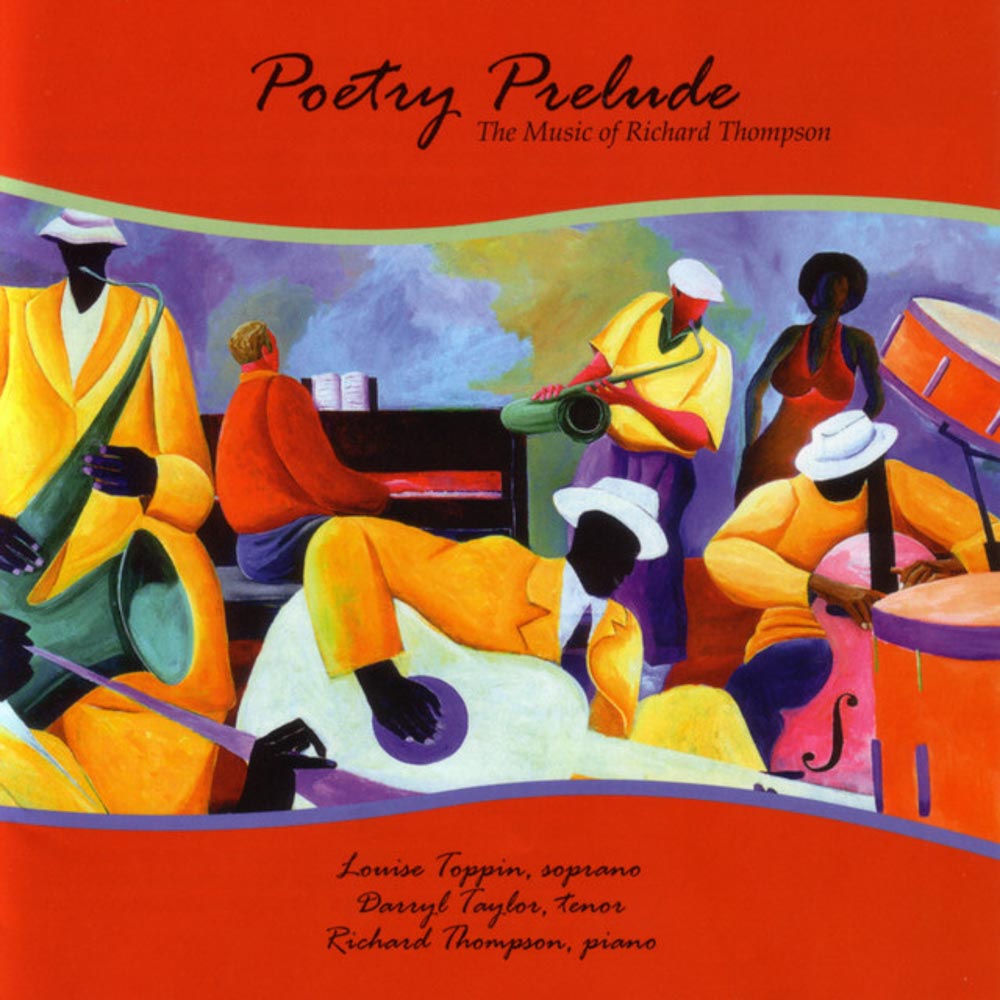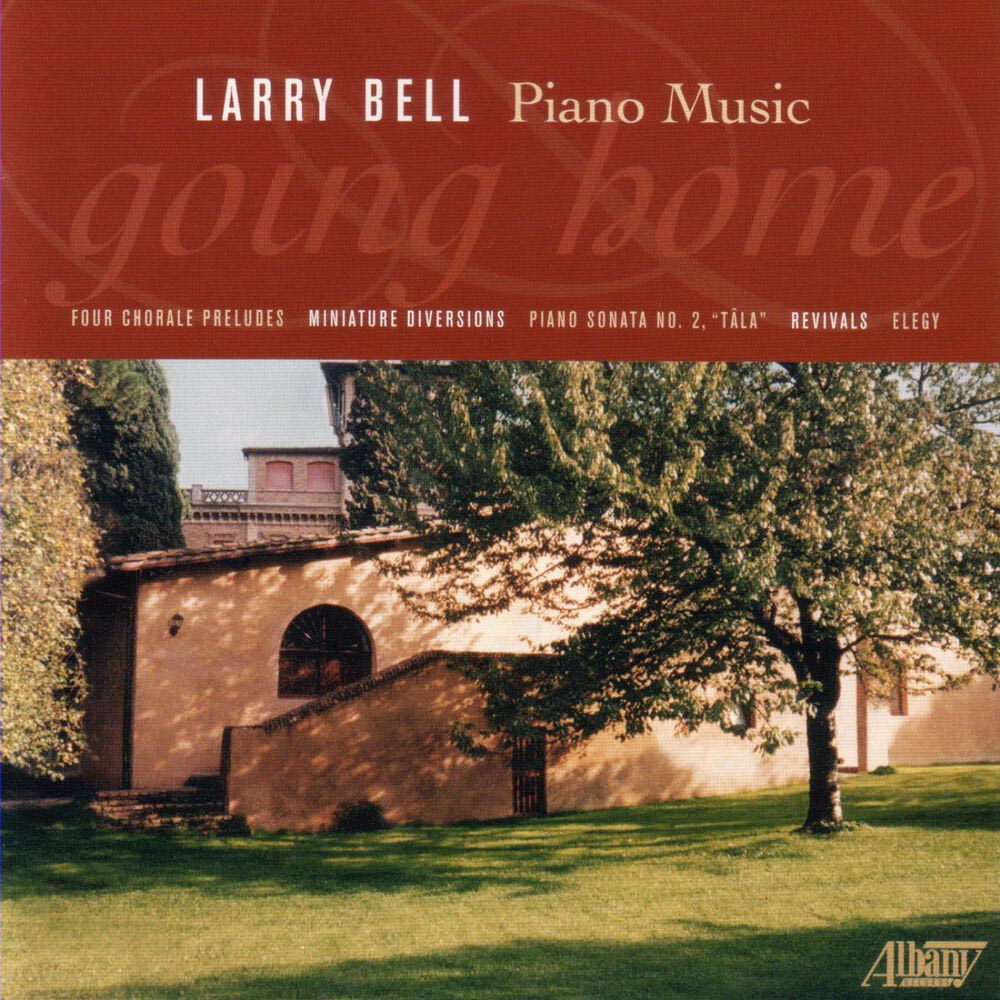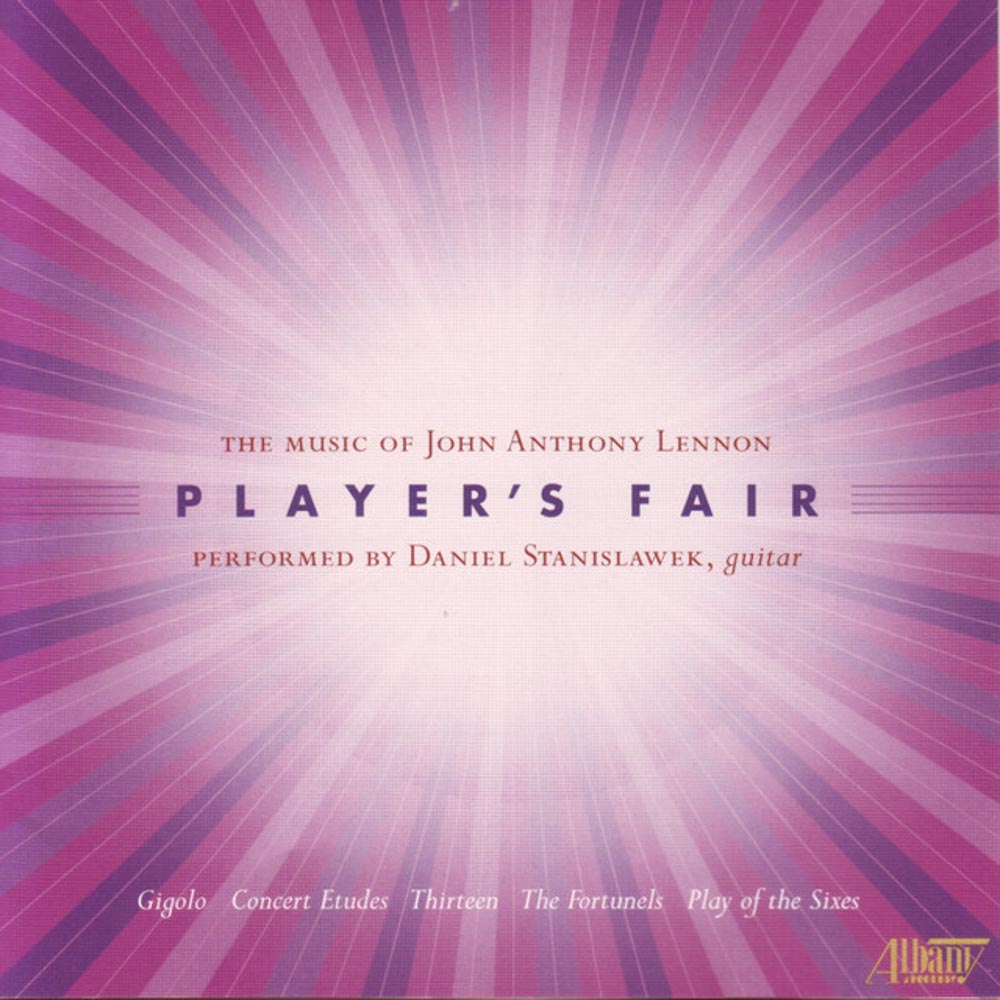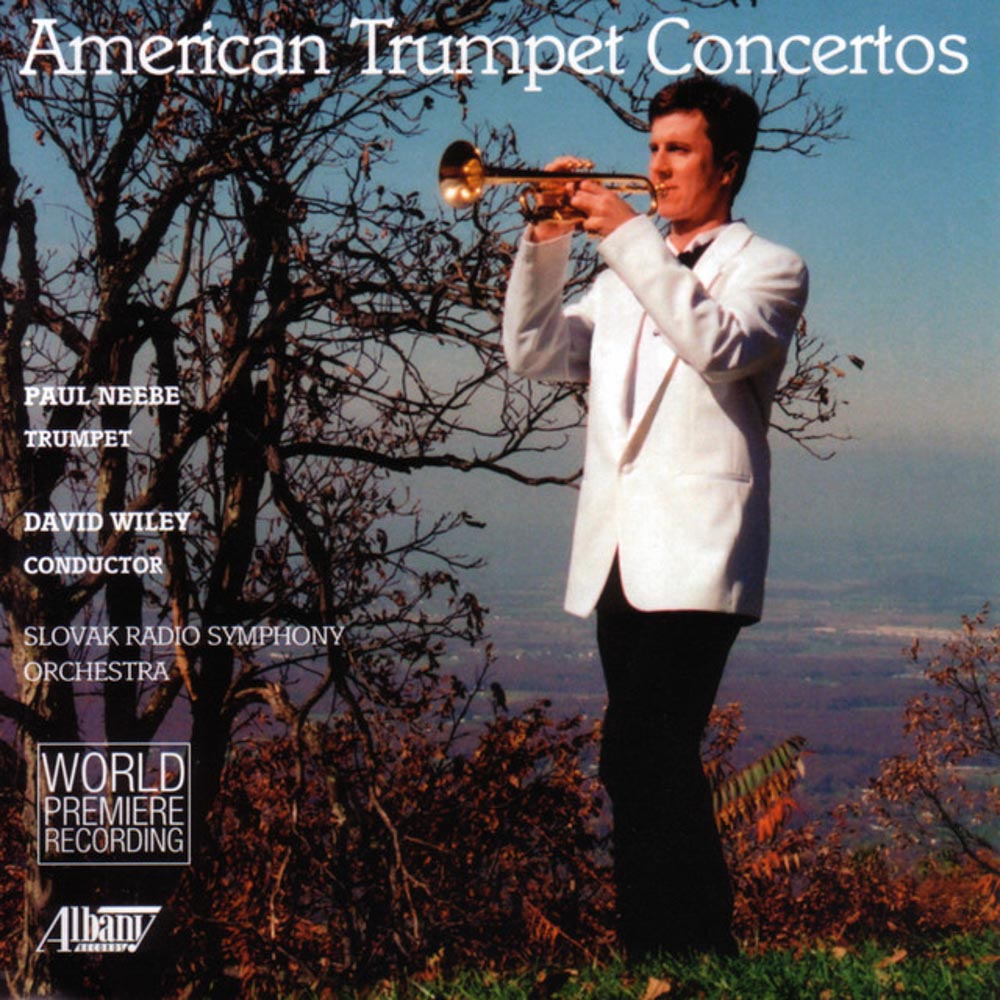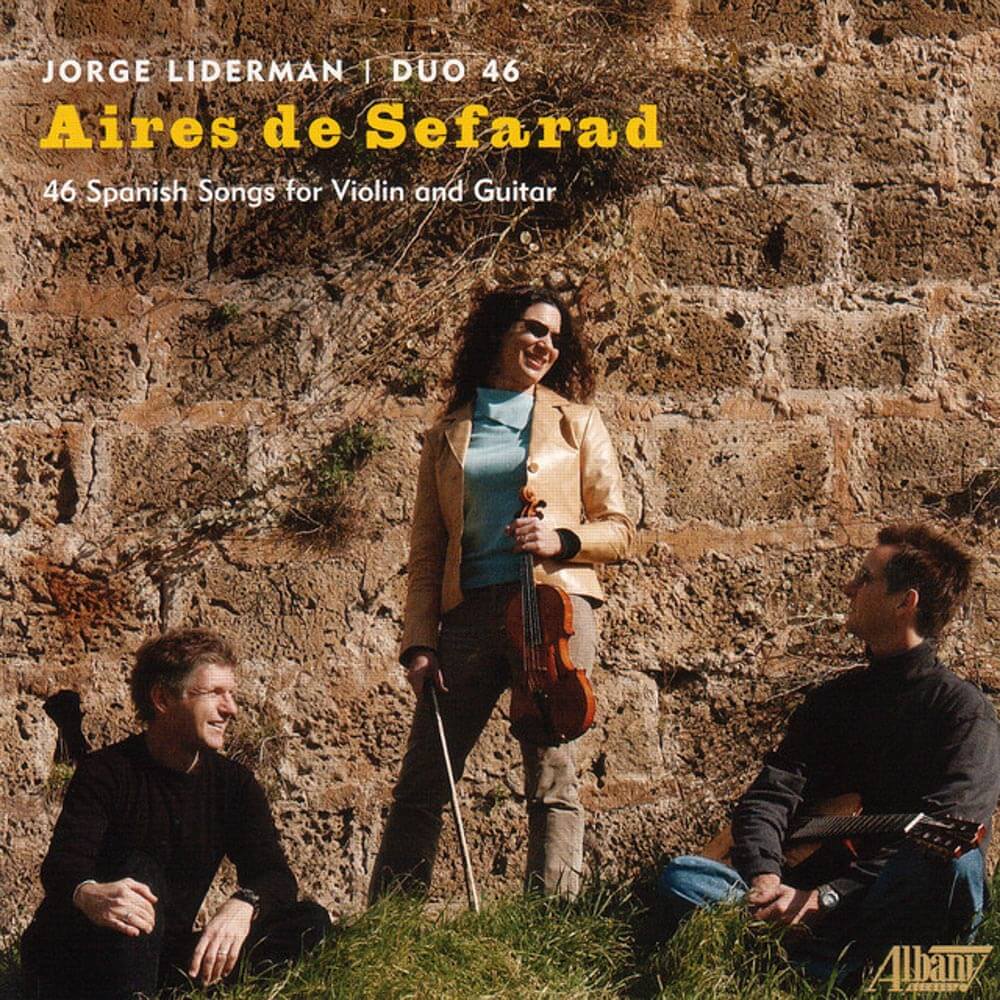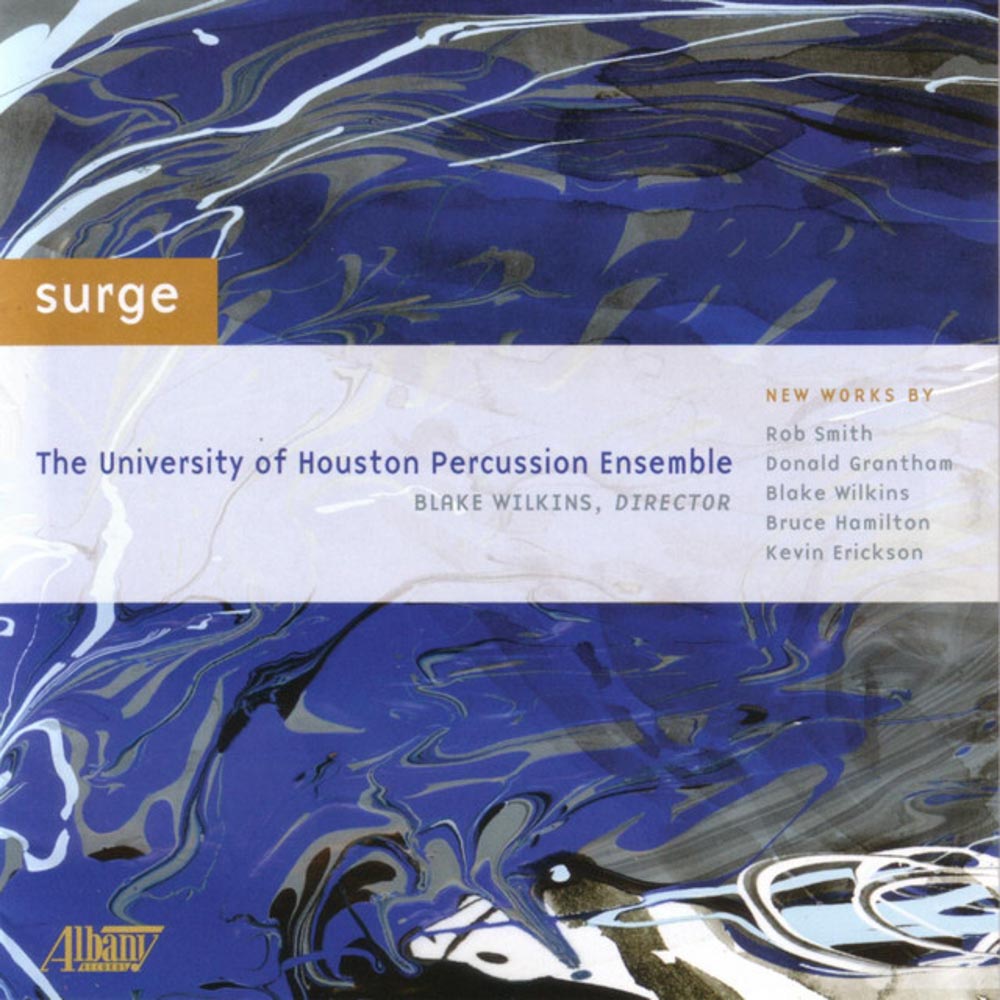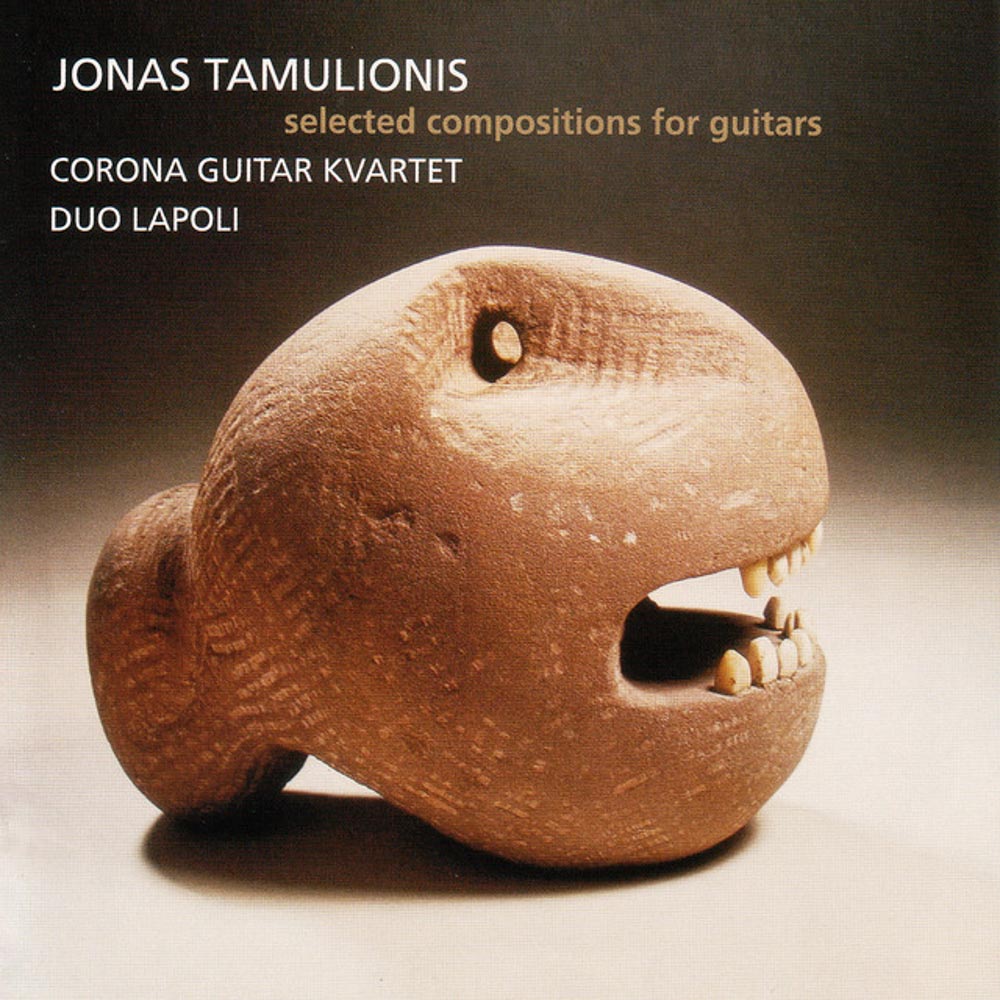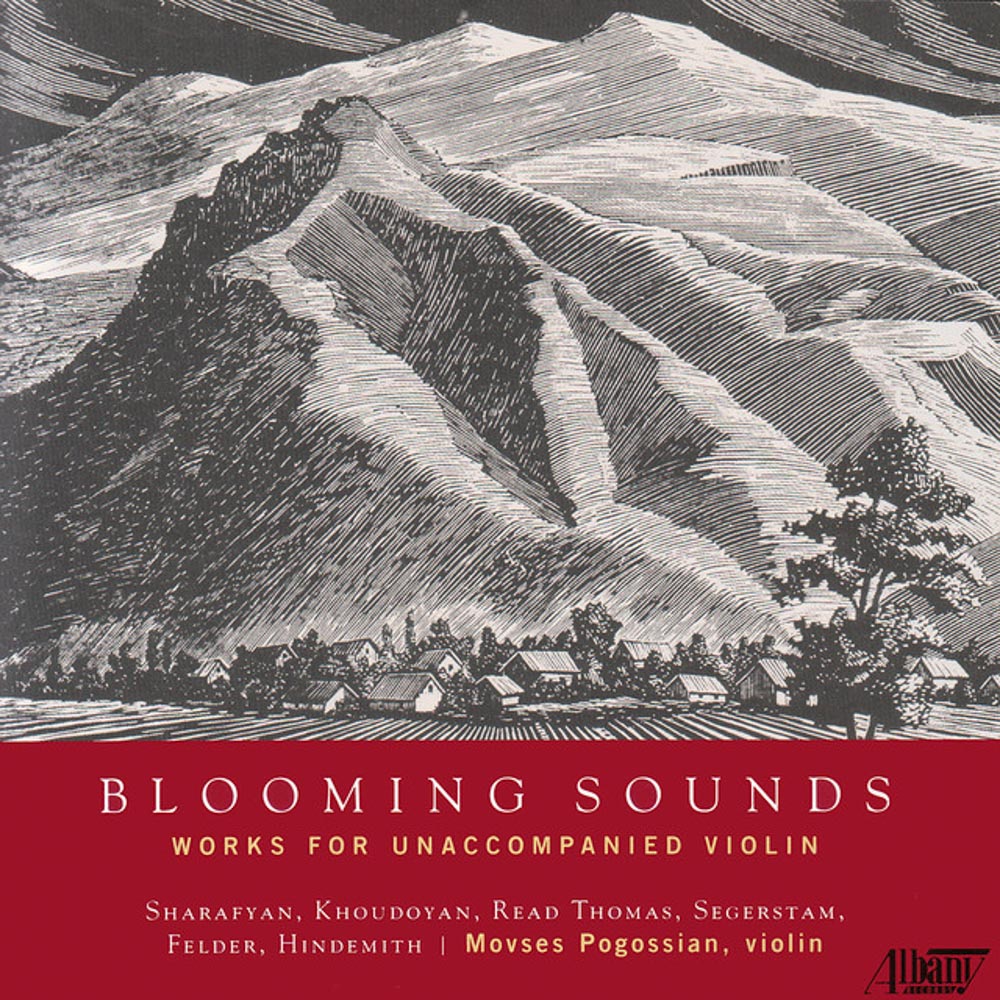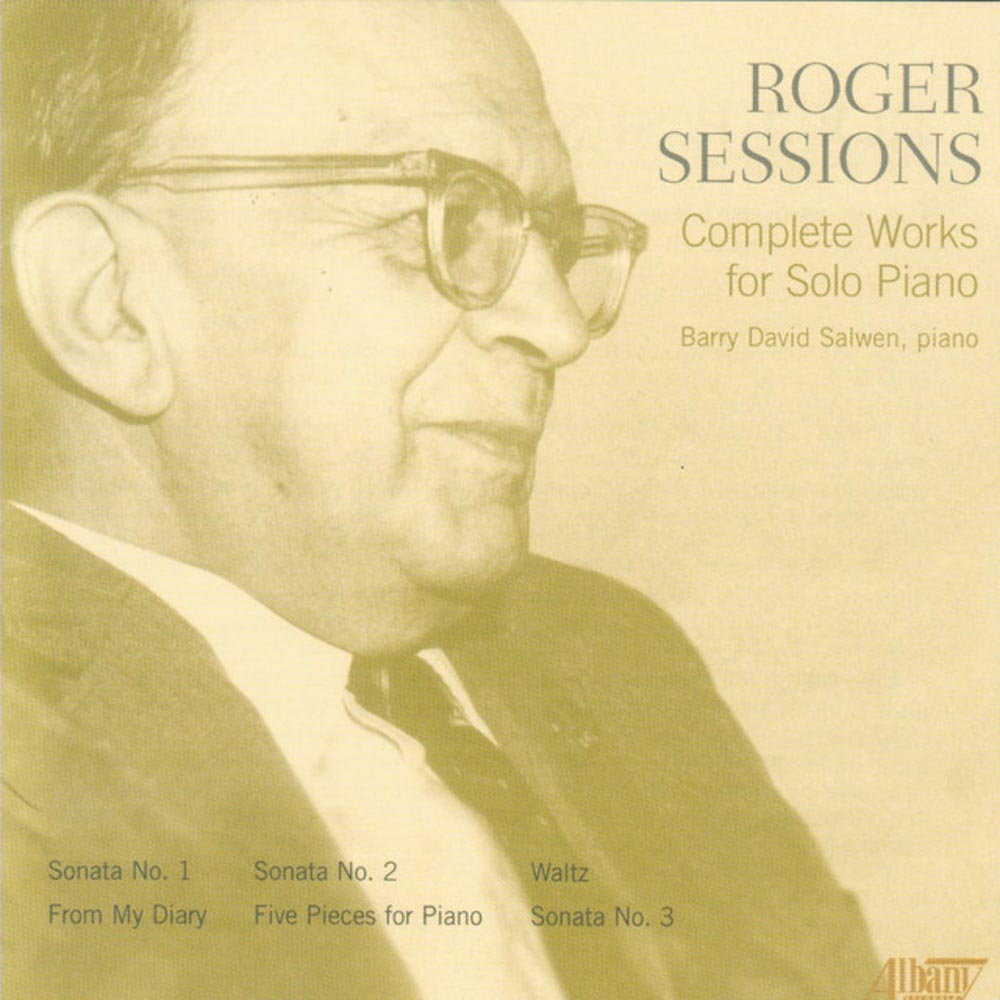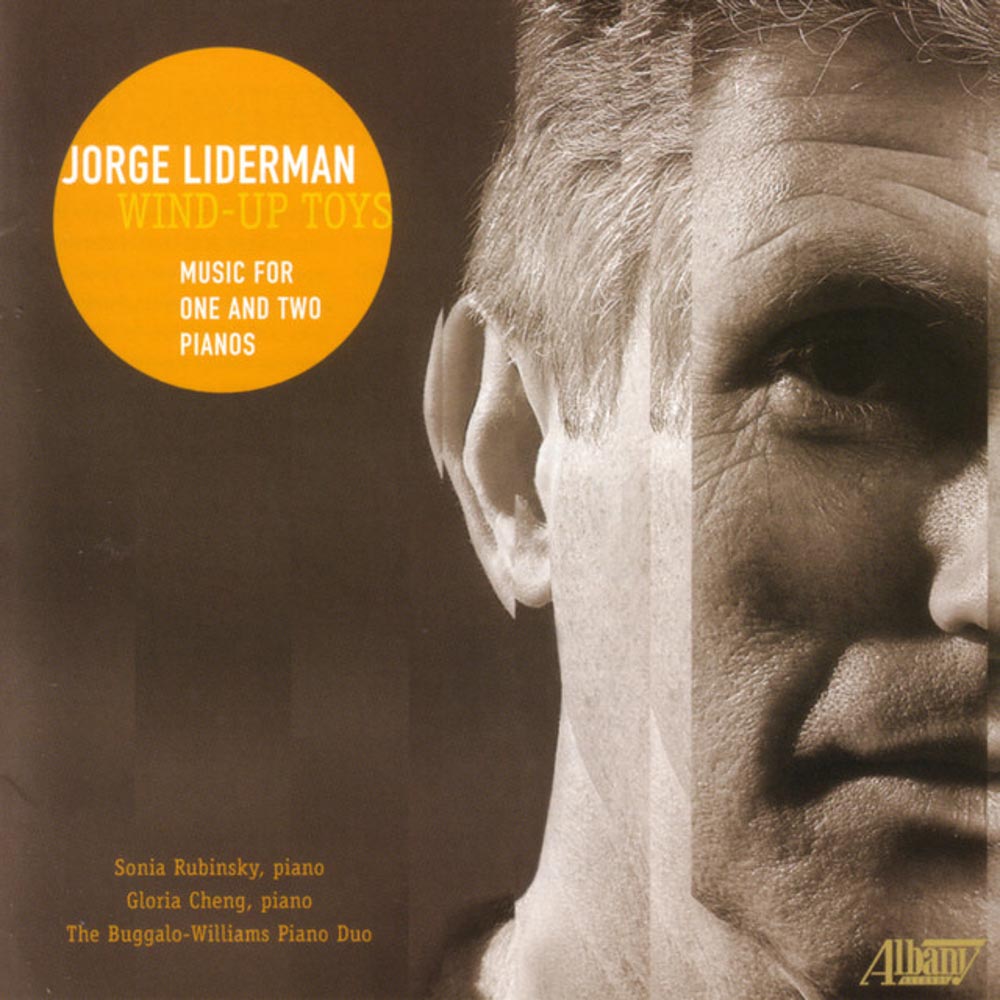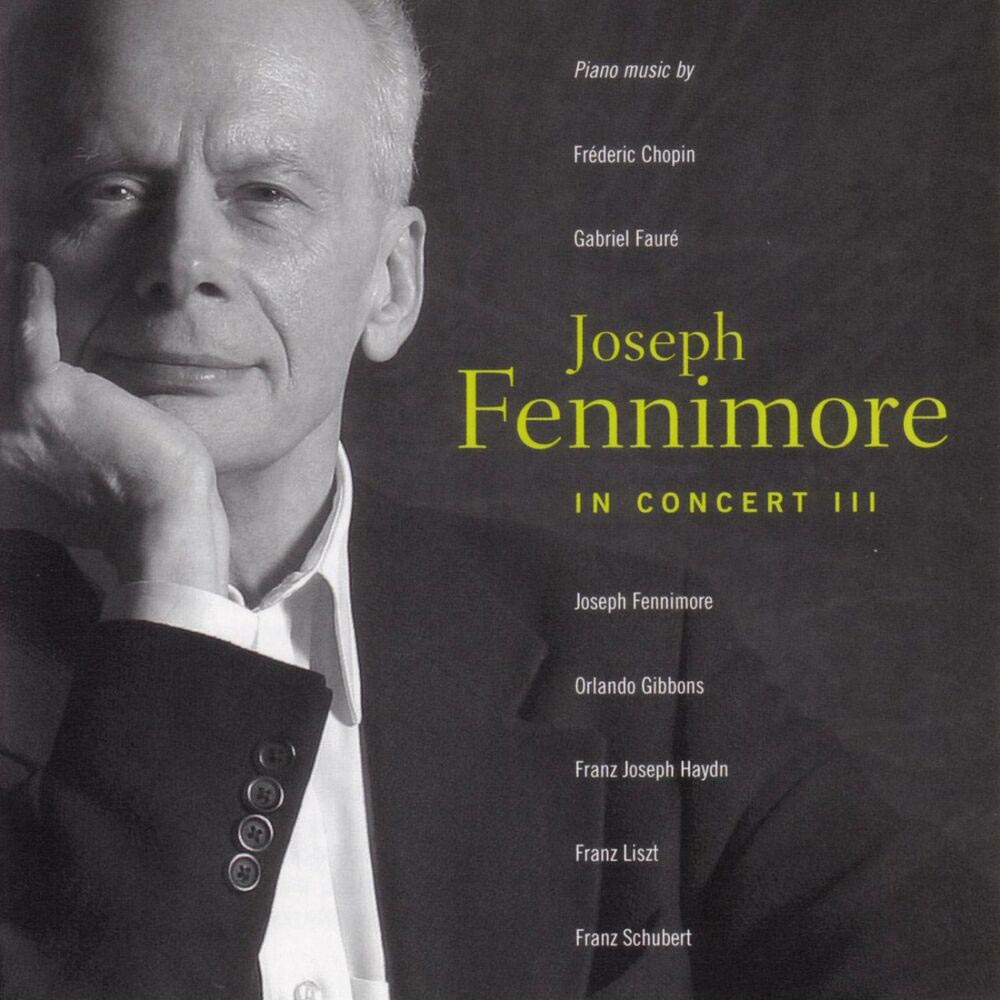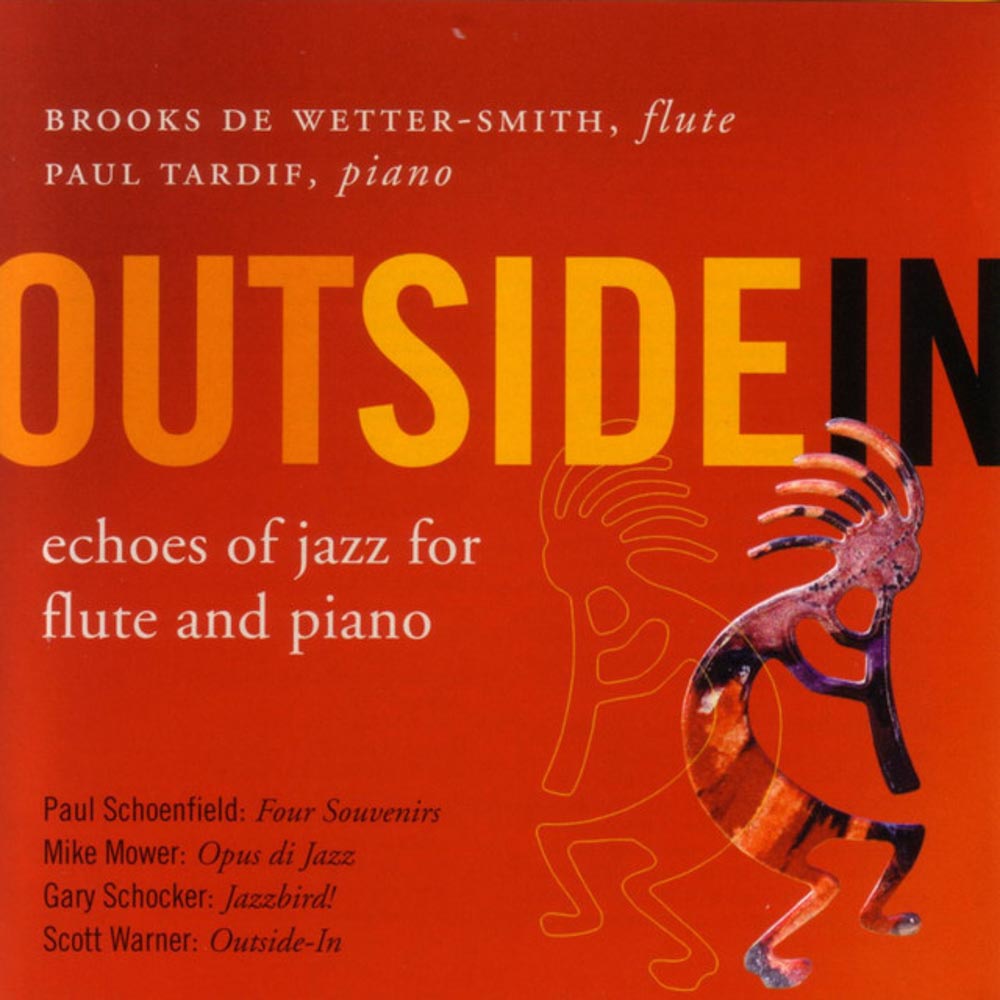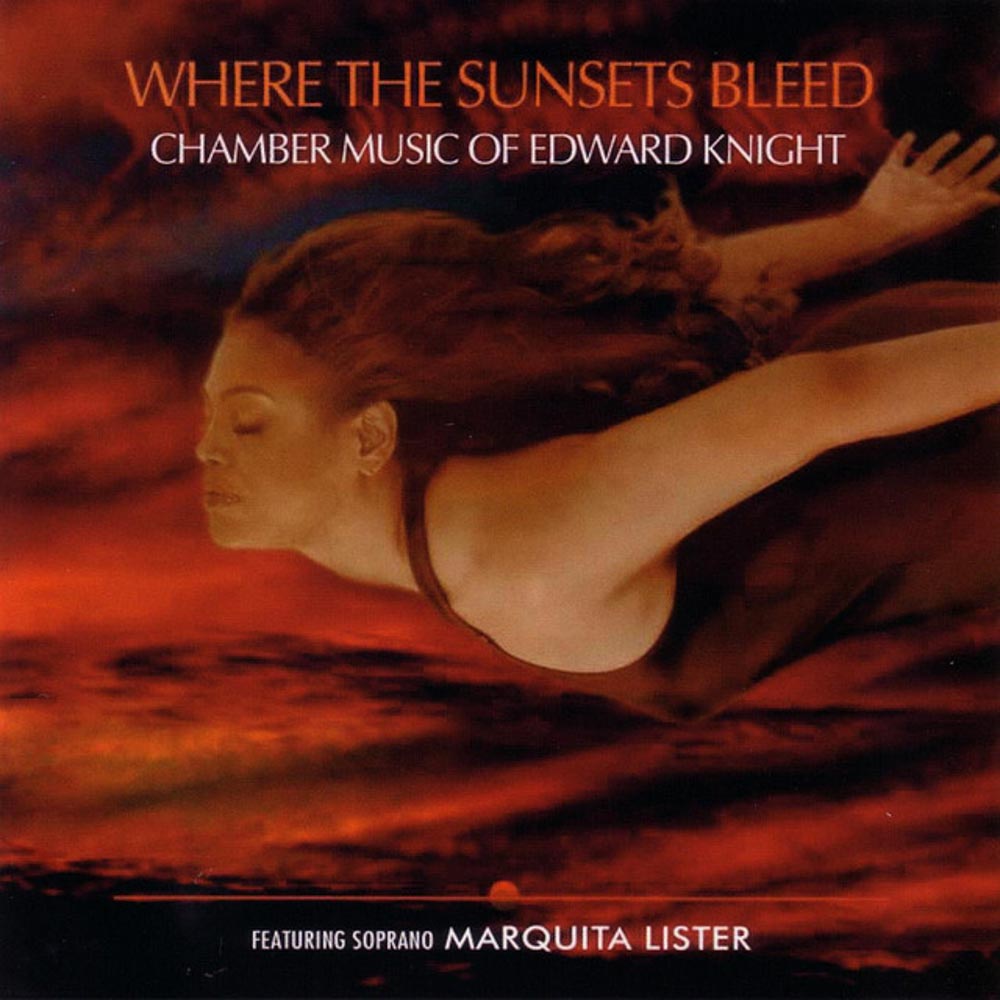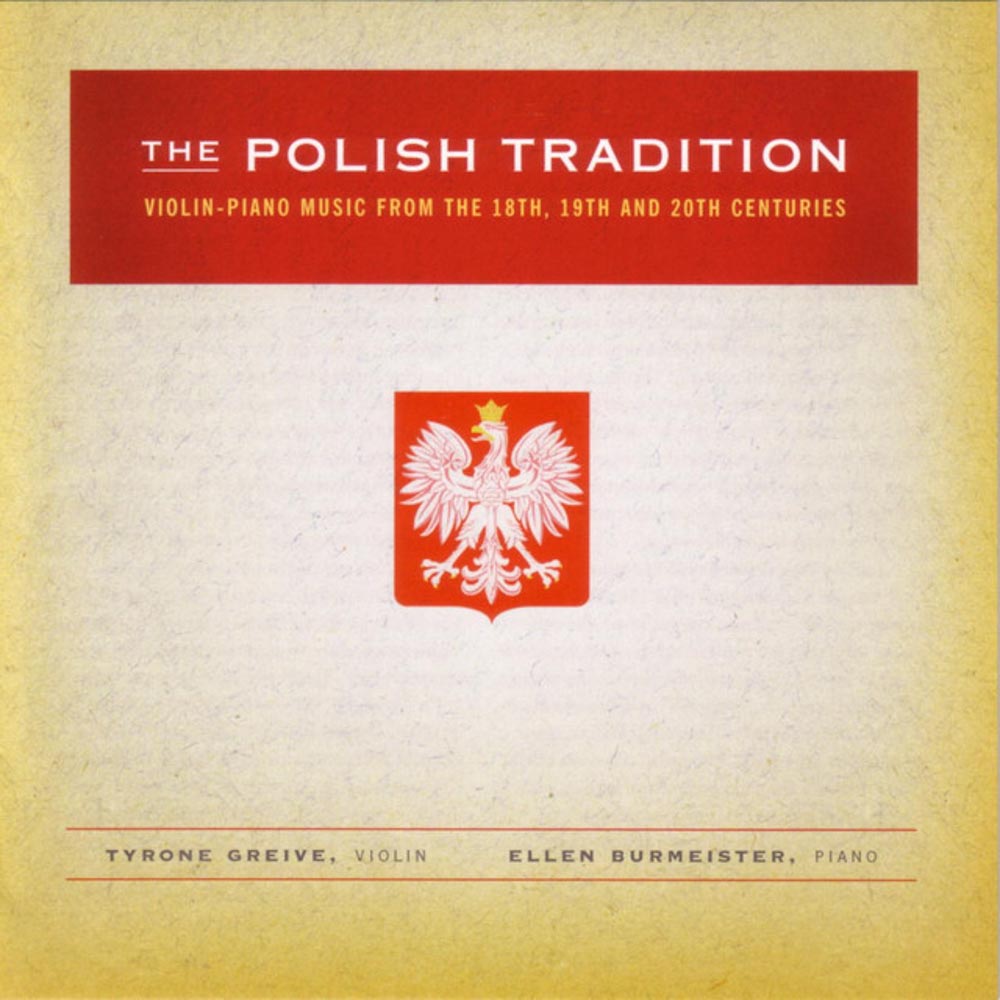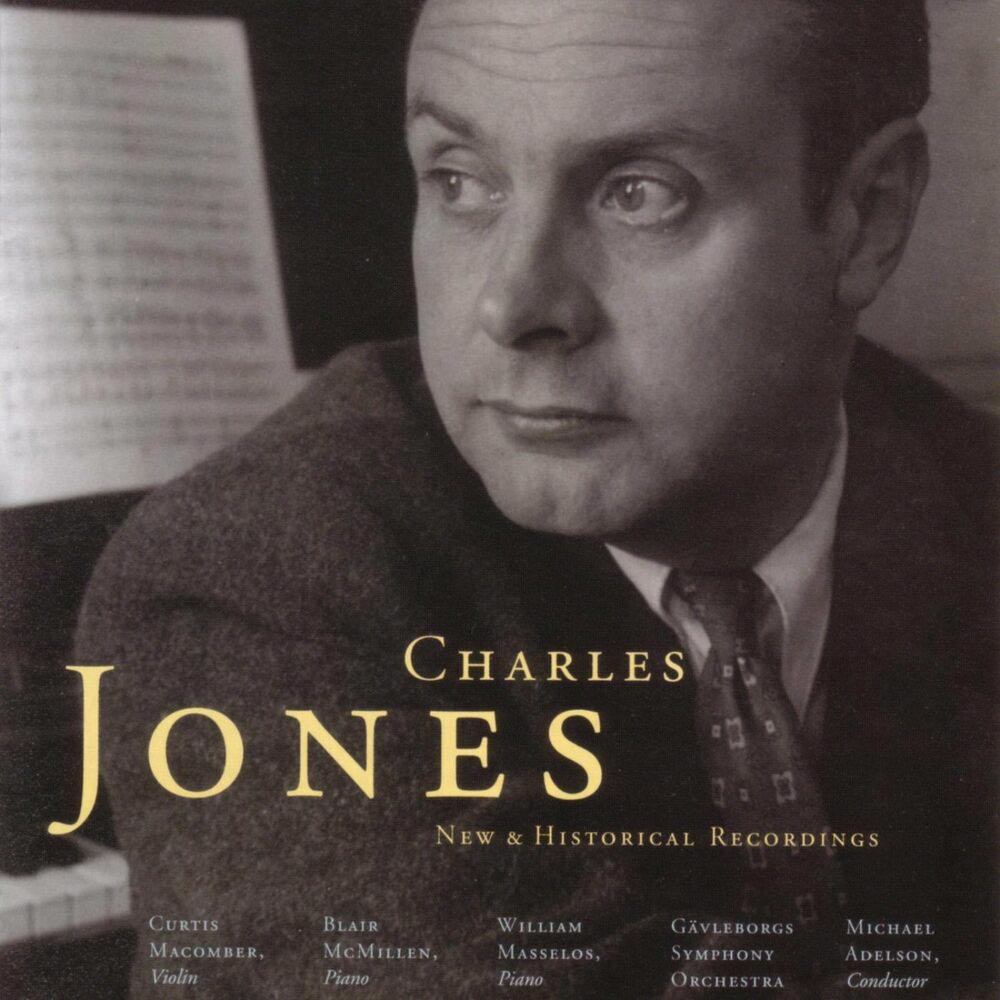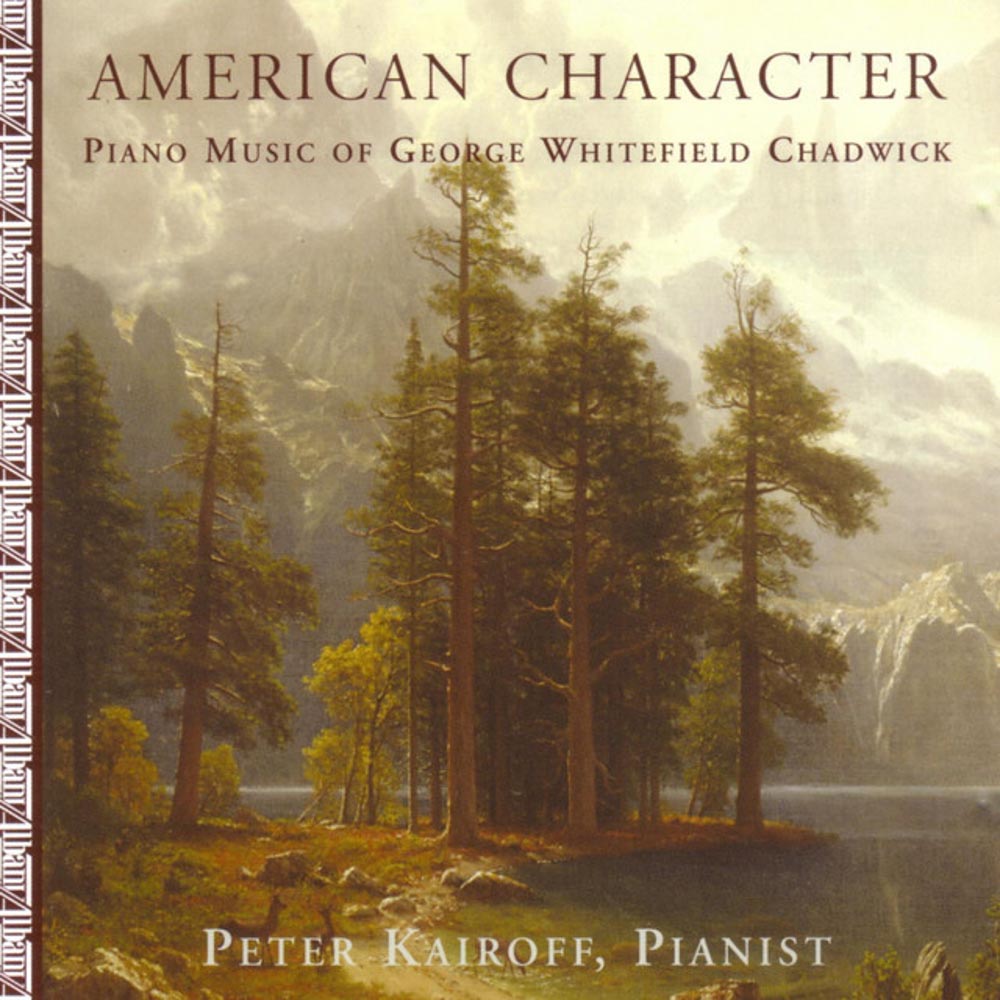Catalog #: TROY0893
Release Date: January 1, 2007InstrumentalThere is a new generation of performing artists and composers who in recent years have been redefining the temporal and aesthetic dimensions of music, thus paving the way for a veritable cultural renaissance. Nowhere is this more evident than in the work of James J. Pellerite, one of the world's great virtuosi of the modern orchestral flute and no less a master of the Native American flute, which he now plays almost exclusively. Former solo flute of the Philadelphia Orchestra and a distinguished soloist and teacher for many years, Pellerite in 1995 launched a second career as a Native American flute virtuoso. His company, Zalo/JP-Publications, produces an important catalog featuring a wide selection of orchestral, chamber and solo works by living composers who share his vision of bringing the Northern Plains instrument firmly into the 21st century and to elevate it to the status of a significant new voice on the contemporary concert stage. The present recording is the most recent of his many collaborations with living composers. Should anyone still require proof that the Northern Plains flute is more than a quaintly happy find for tourists browsing gift shops for souvenirs conjuring the color and spirit of the American West, he/she has only to experience the invigorating musical diversity and consummate artistry represented by this remarkable disc.
Catalog #: TROY0890
Release Date: December 1, 2006InstrumentalIt's fitting that we present a CD of American works for oboe and English horn in various chamber combinations. The song-like quality of these two instruments has made them ideal for expressing long, melancholy musical lines as well as more agitated, pithy statements. Remember how it was virtually mandatory for the slow movement of a mid-20th century American symphony to begin with a deeply introspective melody on the oboe or English horn? These chamber works express a great variety of moods and sounds and diverse, individual styles, all distinctly American. Mark Hill's versatile career has included a broad range of orchestral, chamber and solo performing along with a consistent commitment to teaching. He has performed with the New York Philharmonic, the National Symphony, the Baltimore Symphony, the Orpheus Chamber Orchestra and the Academy of St. Martin-in-the-Fields. He has also performed with the New York Woodwind Quintet, the Aspen Wind Quintet and Chamber Music Northwest, with a concentration on contemporary music such as found on this CD. A pupil of Ronald Roseman and Roger McDonald, Mr. Hill is Associate Professor of Oboe and Chamber Music at the University of Maryland School of Music.
Catalog #: TROY0871
Release Date: November 1, 2006InstrumentalThe music of Charles Wuorinen is well known for its formidable intellectual rigor, its daunting notational complexity, and the extraordinary virtuosity required of its performers. It is also noted as a seminal contribution to the repertoire and theory of "American Serialism," a catch-all term describing compositional techniques developed by mid-century American composers (especially Milton Babbitt) from the 12-tone method of Arnold Schoenberg. Just the same, Wuorinen is, in many ways, a traditionalist, for whom music still possesses certain inalienable truths and standards. Seeking to be evolutionary rather than revolutionary, Wuorinen has never sought to denigrate, ignore, or replace music of the past. Nor has he ever indulged cynically in pandering, disposable "entertainment music" designed for mass consumption. Instead, his compositions aspire to an idealistic potential future. The selections on this compact disc are excerpted from nearly 35 years of prolific compositional activity, and although each work is a unique example of musical ideas and compositional technique, all have in common expert craftsmanship, an engaging rhetoric, and a satisfying sense of completeness. Above all, these works possess an exuberant musicality, a striking freshness and vigor, and an intelligence that invites and rewards attentive, active listening.
Catalog #: TROY0860
Release Date: November 1, 2006InstrumentalThis compilation represents a cross section of American piano music written around the turn of the new millennium. The title American Virtuoso refers as much to the music as to its performer and describes how these composers have idiomatically responded to the challenge of writing for the piano. Yet the range of styles here is as wide as the generation gaps between the composers. All of the works, except for the first two Thomas Etudes, were written for and premiered by James Giles. All receive their world premiere recordings here, except for the Wild arrangement, which Wild himself has recorded in the past. Mr. Giles has earned a reputation as one of the most versatile pianists of his generation, acclaimed for the dynamic brilliance and communicative power of his playing. Giles performs regularly throughout the United States as recitalist and concerto soloist. His international tours have taken him to the Chopin Academy in Warsaw, Wigmore Hall in London, Salle Cortot in Paris, Sibelius Academy in Helsinki and several cities in China. A native of North Carolina, Giles studied with Byron Janis at the Manhattan School of Music, Jerome Lowenthal at the Juilliard School, Nelita True at the Eastman School and Robert Shannon at Oberlin College.
Catalog #: TROY0878
Release Date: October 1, 2006InstrumentalHighly acclaimed by the musical press for his exceptional performances of unusual material such as the music of Phillip Glass and David Ott, Paul Barnes has performed throughout the United States, Europe and the Asian countries. As student of the famed Menahem Pressler, he is Associate Professor and Co-Chair of Piano at the University of Nebraska-Lincoln School of Music as well as a teacher at the Bosendorfer International Piano Academy in Vienna. He now continues an ongoing series of American works for piano and orchestra, including two bona-fide classics, Gershwin's I Got Rhythm Variations and Rhapsody in Blue. Victoria Bond was a composition student of Roger Sessions and a conducting student of Sixten Ehrling at Juilliard (where she was the first woman to earn a doctorate degree in conducting in 1977). Her Ancient Keys is inspired by Barnes himself. His fascination with Byzantine Chant, leading to his role as Head Chanter at Lincoln's Annunciation Greek Orthodox Church, inspired Bond to write a concerto that expanded upon a melody known as Potirion Sotiriu ('Cup of Salvation'). Jeffrey Hass, associated with Indiana University, was commissioned by the University to write the Concerto for Amplified Piano, a work which allows the piano to be on a more equal footing with the powerful timbres of the wind ensemble.
Catalog #: TROY0872
Release Date: October 1, 2006InstrumentalThe versatile Duehlmeier-Gritton Duo has met with accolades throughout the United States, Europe, Asia and the Middle East as they have performed works from Bach to Stravinsky. Most recent engagements have taken them to Asia for performances in Nanjing, China; Austria for a recital at Bosendorfer Hall in Vienna; Poland for a performance at the Autumn Warsaw Festival, and many other locations. They have also performed on the Dame Myra Hess series in both Chicago and Los Angeles where their recitals were broadcast on Public Radio. Orchestral performances include numerous collaborations with the Utah Symphony, the Warsaw Philharmonic, the Czech Radio Symphony and the Armenian Philharmonic Orchestra. Their recording of the Henry Wolking Concerto for Two Pianos, 'Letting Midnight Out on Bail,' was nominated for a Grammy in 2002. In fact, the Wolking Midnight Jazz Suite on this new CD is extracted from that Concerto. Susan Duehlmeier studied with Leonard Shure at Boston University and Bonnie Gritton studied with Aube Tzerko at the University of California at Los Angeles, and they met at the University of Utah as faculty members. With shared musical training in the Schnabel tradition and similar tastes in repertoire, their musical partnership was launched.
Catalog #: TROY0870
Release Date: September 1, 2006InstrumentalJohn Van der Slice received his A.B.degree from the University of California at Berkeley, an M.A. degree in Ethnomusicology and a M.M. in Composition from the University of Hawaii at Manoa, and a D.M.A. degree in composition from the University of Illinois at Urbana. He studied composition with Armand Russell, Neil McKay and Paul Zonn. He is a specialist in the music of the 20th and 21st centuries and his own compositions include more than forty works for solo instruments, chamber ensembles, and orchestra (Specters, on TROY590). He was Professor of Music Theory at the University of Miami Frost School of Music, from which he retired in 2005. Solos and Duos presents an excellent cross-section of his chamber pieces. In Solo for Piano, for example, individual pitch intervals function as subjects of a musical drama which unfolds within contrasting sections. Solo for Tuba may be thought to "suggest a lifeform struggling to assert itself in what threatens to be a losing battle." The title Embers (written for the Malletkat, an electronic, programmable MIDI controller mallet percussion instrument) suggests "remnants of thought...glowing, briefly flaring, dying...until a final reawakening."
Catalog #: TROY0857
Release Date: August 1, 2006InstrumentalJamaican-born Canadian pianist Maria Corley gave her first public performance at age eight. Since then, she has appeared on radio, television and concert stages in Canada, the United States, Central America, the Caribbean, Bermuda and Europe. She completed her education at the University of Alberta in Edmonton, where she studied with Alexandra Munn. Maria Corley received both Masters and Doctorate degrees in piano from the Juilliard School, where she was a student of Gyorgy Sandor. Aside from being an accomplished pianist, Corley is an author, whose first novel, Choices, was published in Kensington's Arabesque line. She is also a composer and arranger of music for both solo voice and chorus. Formerly an assistant professor at Florida A&M University, she currently serves as staff accompanist at Millersville University in Lancaster, Pennsylvania. Of this CD she writes, "Ethnicity and gender are not determining factors of ability, and if not for the potent combination of sexism and racism, perhaps more of the music on this recording might be better known. Included are two award-winning works: Kinney's Mother's Sacrifice and Price's Sonata in e-minor. The other composers, Valerie Capers, Dorothy Rudd Moore, Undine Smith Moore and Zenobia Powell Perry, have all achieved long and successful careers in their chosen field of endeavor. In short, these are first and foremost fine pieces of music, regardless of the race and gender of their creators."
Catalog #: TROY0855
Release Date: August 1, 2006InstrumentalNathaniel Bartlett was born in 1978 in Madison, Wisconsin, and studied at the Eastman School and the Royal Academy of Music in London as well as with renowned marimbist Leigh Howard Stevens. As an integral part of being dedicated to an instrument of our time, he is also dedicated to the music of our time - constantly seeking out composers with whom to collaborate in the creation of new repertoire for the instrument. In particular, Nathaniel Bartlett is interested in the integration of computers and other electronics into live performances, creating a high-definition, multi-dimensional sound environment. As he writes of this CD, "One of my main goals was to create a well-balanced album and not simply a collection of unrelated material. The content of this album, as well as its order, was carefully chosen to form a program with a prelude, interlude and postlude, with two featured works in between. With this in mind, it is my hope that this album can be listened to in its entirety, and that the artistic impact of the album as a whole will be much greater than the sum of the works."
Catalog #: TROY0856
Release Date: July 1, 2006InstrumentalWhy transcribe? The process allows more musicians to experience the magnificence of a previously inaccessible work firsthand. Most of the original elements remain. Style, tonal relationships, form and structure must not be compromised, while still being sensitive to idiomatic features of the new instrument. University of Illinois Horn Professor Kazimierz Machala has been cited by Horn Call Journal for his marvelous skills, and he has found ample new material in Schubert's beautiful songs. Besides, Schubert never wrote any pieces for solo horn, making these arrangements an absolute boon for the avid horn player and all those enthusiastic listeners for whom the horn calls! Richard King began serving as principal horn of the Cleveland Orchestra in 1997, having joined the orchestra as Associate Principal at age 20 in 1988. He is a graduate of Juilliard and Philadelphia's Curtis Institute, and his principal teacher was former Cleveland player Myron Bloom. King is on the faculty of the Cleveland Institute of Music, and as well he has served on the faculties of The Oberlin College Conservatory of Music and Carnegie-Mellon University.
Catalog #: TROY0837
Release Date: May 1, 2006InstrumentalIn the early 1900s, Nationalism in Argentina, which coincided with the various strong artistic national currents throughout Europe and the United States, was competing with the other "isms": post-romanticism, neoclassicism, expressionism, futurism, etc. It was the era of constant searching for an individual voice, original style, and the desperate need to "belong" to an "ism." Nationalism in Argentina was at its peak during the late 1800s through the early decades of the 20th century. This recording encompasses works written in different styles and idioms, each with a unique compositional personality, but at the same time having one distinctive quality in common: expressing the Argentine soul in sound. Whether it is using traditional, folkloric or popular motives within the frame of Romanticism, Neoclassicism or Modernism all these composers have a common thread uniting them: a respect and understanding of piano writing, and a skillful and resourceful way of bringing out the best of the instrument's colors. Argentine Pianist Mirian Conti (who can also be heard on TROY299, Poems for Piano) enjoys a growing reputation as a musician whose performances combine technical brilliance with striking originality and artistic insight. A Juilliard graduate, her vast repertoire encompasses composers from both North and South America.
Catalog #: TROY0836
Release Date: May 1, 2006InstrumentalBeginning in the last decades of the 18th century, but accelerated early in the 19th century, New Romanticism seems to have given composers the impetus to write more works for the cello as a solo instrument. The cello's capacity to "sing" was exploited by Romantic composers for dramatic and melodic effects in ensembles. For this recording, cellist Anthony Arnone and pianist Timothy Lovelace have dipped into the cello literature for the "Forgotten Romances" that were written intentionally for the cello and piano rather than arrangements for the cello by well-known composers. Cellist Anthony Arnone is an active soloist, chamber musician, conductor and teacher throughout the country and the world. A native of Honolulu, Mr. Arnone received his bachelor of music degree from the New England Conservatory, and was a founding member of the Meridien Trio and the Sedgewick String Quartet. Also active as a soloist, chamber musician and conductor, Timothy Lovelace studied with Harold Evans, Gilbert Kalish, Donna Loewy and Frank Weinstock. An advocate for new music, Lovelace has given premieres of works by Osvaldo Golijov and others and has recorded for Albany and Boston Records.
Catalog #: TROY0831
Release Date: April 1, 2006InstrumentalConsidered "one of the heroes of American music," John Duffy has composed more than 300 works for symphony orchestra, opera, theatre, television and film. His best-known work in television is his score for the PBS series Heritage: Civilization and the Jews. He also composed music for the New York City productions of Macbird, The Ginger Man and the Yeats musical Horseman Pass By. Duffy grew up in the Bronx, one of fourteen children of Irish immigrant parents. He studied composition with, among others, Aaron Copland, Henry Cowell and Luigi Dallapiccola. As founder and president of Meet the Composer, an organization dedicated to the creation, performance and recording of music by American composers, Duffy initiated countless landmark programs to advance American music and to aid American composers. As he writes of this CD, "As the 2005 composer-in-residence (of the Virginia Arts Festival), I had the good fortune to work with JoAnn Falletta (and the soloists and ensembles on this recording). This CD covers 50 years of my composing life...A born and bred New Yorker, part time Virginian, and traveling Mainer, my music and this recording reflect my love of these seacoast lands, of our beautiful country and this vast earth, with its miraculous variety of peoples."
Catalog #: TROY0830
Release Date: March 1, 2006InstrumentalRichard Thompson, one of today's most artistically aware composers, offers here "two song cycles and six piano preludes, in a contemporary classical vein as well as an arrangement of the Spiritual, Wade in the Water, for jazz quartet." Thompson's work here helps to highlight the natural tendency of today's urban American composers who, not content to write in one style of music, work to remove the presupposed barrier between traditional classical music and contemporary jazz, thereby underscoring their artistic and spiritual kinship. Mr. Thompson, originally from Aberdeen, Scotland, has written compositions that combine European and African-American styles, so that the formal structures of European classical music develop ideas that are essentially jazz in nature. Thompson completed graduate studies in jazz at Rutgers University in New Jersey. While there, he studied jazz piano with Kenny Barron and classical piano with Ted Lettvin. He also holds a jazz diploma from the Berklee College in Boston.
Catalog #: TROY0828
Release Date: March 1, 2006InstrumentalTwo of his most important orchestral works, Sacred Symphonies and the Idumea Symphony, are beautiful, strikingly kaleidoscopic works in the best Ivesian tradition. A renowned pianist, Bell presents here a recital of his highly original piano music. The vocal works of Larry Bell can also be heard on Albany TROY741.
Catalog #: TROY0827
Release Date: March 1, 2006InstrumentalBorn in Mill Valley, California, John Anthony Lennon earned a liberal arts degree at the University of San Francisco, as well as a master's degree and doctorate from the University of Michigan where he studied with Leslie Bassett and William Bolcom. He shares with those two composers a strong sense of unusual instrumental color as well as a strong grounding in traditional American forms. Lennon studied guitar early in life so it is not surprising that he has devoted a substantial portion of his career to this instrument, including his popular Zingari Concerto for Guitar and Orchestra (The Play of the Sixes is an independent part of that work). The works contained on this CD constitute one of the most significant contributions to the guitar literature in recent times. They are beautifully and idiomatically written for the instrument and have been played by such renowned guitarists as David Starobin and David Tanenbaum as well as Daniel Stanislawek who began his studies while growing up in Chicago, and has performed to critical and audience acclaim throughout the United States and abroad. He is a specialist in contemporary music.
Catalog #: TROY0805
Release Date: March 1, 2006InstrumentalThere's a reason reveille is played on the trumpet instead of the bassoon; the trumpet commands attention, its stentorian voice rising above all. But the trumpet can also be soulful and quiet, even playful and, with its various mutes, can create many different moods in both classical music and jazz. This new release features world premiere recordings of distinctive American works for trumpet and orchestra, alternately heroic, romantic, introspective and, in Frederick Tillis' work based on the spiritual Sinner, Please Don't Let this Harvest Past, redolent of African-American folk traditions, but cast in a modern, jazz context. Paul Neebe, acclaimed as both a solo player and orchestral musician, has made a commitment to American contemporary music. He is currently Principal Trumpet of the Roanoke Symphony, the Charlottesville Symphony and the Wintergreen Festival Orchestra in Virginia. He is a graduate of both Juilliard and the Catholic University of America.
Catalog #: TROY0829
Release Date: February 1, 2006InstrumentalBorn in Buenos Aires, Jorge Liderman is quickly becoming one of the most highly-regarded South American composers of today, with his works being performed worldwide. Though his music is experimental, it is also extremely colorful, with a strong nationalistic undercurrent. Aires de Sefarad (Airs from Spain) is a cycle of 46 songs without words for violin and guitar, and although many of them are love songs, they vary in character and their musical nature. These songs highlight, at the core of their musical structure, unchanged original melodies that were sung in Ladino by the Spanish, or by the Hebrew, Sephardic Jews. After the Spanish Inquisition, a large number of Jews emigrated to Portugal, Tunis, Morocco, Turkey and Israel among other countries. After a 2003 visit to Spain, walking through the Jewish quarter in Cordoba and experiencing the vibrant life of the region, Liderman was inspired to write Aires de Sefarad. As he says, "This work reflects my impressions of past and present Spain in its vast and varied culture."
Catalog #: TROY0819
Release Date: January 1, 2006InstrumentalThe fact that Timothy Polashek has lived with moderate hearing loss (and the need to wear hearing aids) has actually had an impact on his compositional aesthetic; prompting him to explore the world of nonsensical speech sounds as music, as well as pitch and timbre manipulations of other sounds in his electro-acoustical works. He wrote his first computer program in the 5th grade to generate time-based graphic animations and by the time he entered high school he had written a computer program in PASCAL that could synthesize musical tones, generate improvisations in blues style, and display them as musical notation in real-time during the computation and reading of the music. As he writes, "all of the compositions on this album were composed recently, with the oldest, Porcupine Quest, dating from 2002...when I was composing these works, I knew that Eric Huebner might perform them so I kept his incredible virtuosity and spirited piano technique in mind...also, I am appreciative of pianist Steven Beck's superb playing on the duets, both in concert and in the recording sessions...overall, aesthetically, I view these works as modern classical music, but spoken at times in the dialect and emotion of jazz."
Catalog #: TROY0816
Release Date: January 1, 2006InstrumentalThe University of Houston Percussion Ensemble serves as the cornerstone of the Department of Percussion studies at the University's Moores School of Music. Established in 1997 and directed by Dr. Blake Wilkins, the Ensemble has steadily gained recognition throughout the state of Texas through appearances on campus and in public schools. The group achieved further distinction when it performed at the 2002 Texas Music Educator's Convention. Their selection as Winner in the 2003 Percussive Arts Society Percussion Ensemble Competition and its appearance at the 2003 Percussive Arts International Convention has secured its reputation internationally as a leader in percussion performance. Since its inception, the Ensemble has given the world or U.S. premieres of a number of new works. In the fall of 2002 it also initiated its Commissioning Project to encourage new works for the medium. Two of the works on this new disc, Donald Grantham's Houston Strokes and Rob Smith's Surge were among the first in this series. Percussion music has proven over the years to be phenomenally popular with performers as well as listeners. This release is an exceptional addition to the catalog; and wait until you hear Vaughan-Williams' Thomas Tallis Fantasia arranged for five marimbas and two vibraphones!
Catalog #: TROY0811
Release Date: December 1, 2005InstrumentalHave you noticed how some of the most interesting new guitar music is coming from Europe? Here's what Volkmar Zimmermann has to say: "Our first contact with Jonas Tamulionis harks back to 1997. As always, I was on the lookout for new and exciting works for guitar quartet. As it came to pass, I received a letter from the Lithuanian Music Information Centre telling us about a composer hitherto unknown to us, a composer who we eventually came to discover possesses a loving heart for the guitar... It was truly a delight for us in 1998 when Jonas wrote his guitar quartet, Per Suonare a Quattro, which serves as the ticket for our journey, a serpentine path leading to (this) CD...we sincerely hope you will enjoy the music created by this eminent Lithuanian composer as much as we do." Needless to say, guitarists will want to snap this one up, and listeners who enjoy the music of East Europe will be intrigued as well! More information on the composer and performers is available at the following websites:
Catalog #: TROY0810
Release Date: December 1, 2005InstrumentalSolo violin discs don't get more varied than this! Movses Pogossian is a prizewinner of the 1986 Tchaikovsky International Competition, and the youngest-ever First Prize winner of the USSR National Violin Competition. His American debut was in 1990 performing the Tchaikovsky Concerto with the Boston Pops. He has since performed with major orchestras in Europe and the United States. A major proponent of new music, he has premiered over 30 works. He is currently a Visiting Artist Teacher at SUNY Buffalo, and a member of the Baird Piano Trio and Duo Forza. As you can imagine, the styles and technical approaches are as eclectic as the backgrounds of the composers themselves, which allows for some wonderful contrasts along the way. A definite must for adventurous chamber-music listeners.
Catalog #: TROY0802
Release Date: November 1, 2005InstrumentalWe admit it: Sessions' music is not for the casual listener or someone just getting into modern music. If you start cold with one of the later symphonies, it's like jumping into the middle of a book on advanced physics. But if you start at the beginning and work your way through, you will enjoy some of the most profound music written by an American. The early works might bear a passing resemblance to Copland, but by the later works it is obvious that Sessions has absorbed the complex sound world explored by Schoenberg and refined it. In all of his music, you are struck by the realization that these intense works are truly music, and not mere exercises in sonority. That is why this reissue is so important: spanning his creative lifetime, this collection of the complete solo piano works will give you a remarkable insight into this most significant of modern composers. Barry David Salwen has been the Executive Director of the Roger Sessions Society since 1988. Besides specializing in new music, he has performed widely the music on this disc as part of his original lecture-recital, "The Piano Sonatas of Roger Sessions," first presented in 1986. This and his contact with the composer during his doctoral work at Juilliard make him the authoritative performer. This CD is a major contribution to the recorded Sessions canon.
Catalog #: TROY0797
Release Date: October 1, 2005InstrumentalIn a very short period, Buenos Aires-born Jorge Liderman has achieved much success both on and off record. He studied in Israel under Mark Kopitman and under Ralph Shapey and Shulamit Ran in Chicago. His works have been commissioned and performed by the London Sinfonietta, the American Composers Orchestra, the Los Angeles Philharmonic and many other organizations here and abroad. As he writes about these fascinating works, "I have particularly been concerned with the idea of repetition since the early 1990's, especially after the impact minimalism has had not only on my musical thinking, but also on the musical world as a whole...I have used various types of repetition to create a cohesive structure on which to base some of my works...the three works in this album were written between 1990 and 2003; in different ways they all show the use of repetition as a central element..." Here is music that combines the color of Ginastera with the rhythmic sense of Steve Reich.
Catalog #: TROY0786
Release Date: September 1, 2005InstrumentalComposer and pianist Ken Benshoof was born on a Nebraska farm. He went through high school in Fairbanks, Alaska. Studies at Pacific Lutheran University and the Spokane Conservatory were followed by a two-year stint in the Army. He later attended the University of Washington, San Francisco State University and the Guildhall School in London. His most influential teachers included John Verrall, Roger Nixon, George Frederick McKay and Alfred Neiman. Primarily a composer of chamber pieces, Benshoof has received commissions from a wide variety of sources, most notably the Kronos Quartet. Benshoof's music often includes elements of folk and jazz mixed with influences from Scarlatti, Ravel, Ives, Gershwin and Rachmaninov. The composer writes, "The 24 Preludes were composed almost without interruption over several months. I chose that name partly because of the joy I still derive from sets with the same title, most notably those by Bach, Chopin and Rachmaninov. I have not intentionally borrowed material from those composers but I did steal the key relations from Chopin- his way of going through the 24 major and minor keys." Patti's Parlour Pieces were written in 2000 for the composer's friend, bookstore owner Patti McCall. This collection of pieces spans a large range of emotions, textures and tempi. There are jazzy blues sounds in pieces 1 and 5, and propulsive works like number 9. There are also pieces that would be right at home in the concert hall such as the jazzy piece No. 22 and the especially Rachmaninov-influenced No. 23.
Catalog #: TROY0767
Release Date: July 1, 2005InstrumentalIt's been a while, but here is a third recital by Joseph Fennimore, who lives only a short distance from us in Albany. Born in 1940 in New York City, Fennimore graduated with honors from both the Eastman and Juilliard Schools. While teaching piano at Princeton and working in the theatre (he was substitute assistant conductor for the Broadway revival of No, No, Nanette), he co-founded with Gordon Hibberd the Hear America First concert series in New York City devoted to American music, programs eventually broadcast on NPR. Moving to Albany in 1980 to care for his parents, Fennimore taught at the College of St. Rose and still teaches privately. Composing since childhood, his catalog includes orchestral works, operas, songs, and solo works. Earlier, he had a short-lived and critically-acclaimed career as a pianist and still has a strong following for his attractively eclectic programming (when was the last time you heard solo piano pieces by Gibbons?) Previous releases in this series are on TROY102 (Volume 1: music of Liadov, Schumann, Scriabin, Gluck/Sgambati, Griffes) and TROY161 (Volume 2: music of Granados, Fennimore, Brahms, Bach and Chopin). In addition, you can sample more of his own music on TROY065 (Chamber works) and TROY113 (Selected piano music, including the delightful Concerto Piccolo for piano and chamber orchestra).
Catalog #: TROY0764
Release Date: June 1, 2005InstrumentalMusic for flute and piano is very popular these days, not only for performers to study but for serious listeners who are drawn to the sensuous sounds of that instrument. American music for this combination is remarkably popular, if you just look at the record listings. This new release not only features two premiere recordings (the Schocker and Warner) but a particular theme common to all four: the influence of jazz. Each of the composers embraces this form from a remarkably different perspective. For one, it is the use of direct lyric and rhythmic quotes; another employs jazz "licks" to create an echo of jazz. Occasionally, subtle references to major jazz players are brought into the mix. Sometimes the choice is to retain the "sound and feel" of jazz while remaining entirely original. This recording is a voyage with jazz as the reference point. The joy of this recording is participating in this journey, encountering the humorous, introspective, reckless, poignant, eclectic and alluring personalities that inhabit the jazz spirit. (It's interesting to note that these composers were all born within the period that jazz had its strongest hold on the public-especially the late 1950's.)
Catalog #: TROY0757
Release Date: May 1, 2005InstrumentalFrom the Hollywood Bowl to the National Cowboy Hall of Fame, from Carnegie Hall to the "Meet in Beijing" International Arts Festival, Edward Knight's music has found a home straddling the worlds of jazz, concert and theater. Born in Ann Arbor, he earned his DMA from University of Texas at Austin. He studied privately with John Corigliano and was the first American to win the Sir Arthur Bliss Memorial award, for outstanding postgraduate composer at London's Royal College of Music. Knight is a "fresh, original voice" with "an inventive sense of humor" (Bernard Holland, The New York Times) who creates music that is "visceral in its excitement" (John von Rheim, Chicago Tribune). Wayne Lee Gay of Knight-Ridder News Service calls Knight's music "inventive and melodic." Timothy Mangan of the Los Angeles Times cites "the composer's canny combination of steady meter with atonal lyricism, a waltz-like lilt with expressionist angst." Mangan notes that Knight's orchestral work is "tightly unified, suave and sinister, confidently orchestrated." Recent awards include Best Song Cycle in the American Art Song Competition sponsored by the San Francisco Song Festival; ASCAP's Rudolf Nissim Award; first prize in the National Orchestra Association's New Music Orchestral Project and fellowships to Yaddo and MacDowell.
Catalog #: TROY0754
Release Date: May 1, 2005InstrumentalThis recording's selections exemplify many of the features found throughout the extensive but largely little known body of Polish violin-keyboard writing. The wide stylistic variety parallels the diversity within Poland's cultural traditions shaped, in turn, by a long history of frequently changed borders and territorial makeup. Starting long before Poland's culturally progressive "Golden Age" (mid 15th-16th centuries), these connections occurred through trade, religious, intellectual, artistic, marriage and other contacts. As a result, this music, like the rest of Poland's culture, is generally western-oriented but sometimes includes distinctive eastern elements. Folk elements are often equally important. Most obvious is the use of Polish dances, e.g. the mazurka, but dance-related rhythmic figures, or their characteristic accents on normally less-strong beats or rhythmic subdivisions are often transplanted to non-dance settings. The historical association of Polish folk traditions with fiddles and then the violin itself (long Poland's most popular folk instrument), is so close that Poland's classical violin performance tradition reaching back to c. 1500 can also be considered to be an extension of her much longer folk practice. While the earliest of Poland's many widely-famous violinists date from the 19th century, numbers of Polish violinists were already known for their high level of performing throughout Europe in the 16th century. Likewise, effective keyboard writing on this CD reflects a rich Polish keyboard tradition, sometimes with the composer being either a performing pianist (like Chopin and Paderewski) or able to play the instrument with a high degree of accomplishment (Bacewicz).
Catalog #: TROY0752
Release Date: May 1, 2005InstrumentalTim Page, the chief music critic for The Washington Post and the Pulitzer Prize Winner for Distinguished Criticism in 1997, writes: "This collection of new and historic recordings pays tribute to a great man, one who never let his hard-won artistic distinction eclipse his personal duties as a fellow human being. After all these years, it is a wonderful thing to be able to spend more time in the company of Charles Jones. Jones adapted his Five Melodies for Violin and Piano from an earlier set of Five Melodies for Orchestra (1945), and it is a mark of the composer's sure sense of economy that he was able to make such a seamless reduction, without a wasted or extraneous note. One of the delights of this recording is the opportunity to hear Jones' Piano Sonata No. 2 played by William Masselos. Indeed, composer and pianist seem to have been made for each other. And then we have the Symphony No. 3, composed in 1962, and recorded by the brilliant young conductor, Michael Adelson (who has shown a welcome devotion to Jones' music) in 1993. Here - finally! - we have the opportunity to hear one of Jones' major orchestral works on record."
Catalog #: TROY0749
Release Date: April 1, 2005InstrumentalThe pianist Olga Solovieva writes about the piano music of Boris Tchaikovsky. "If I were to formulate what is most important to me in this music, I would say: sincere, straightforward, and simplicity in expressing ideas, feelings and states of mind that are far from being simple, unambiguous or superficial. A remarkable feature of his works is their saying just what is needed to be said, without any regard for the conventions of music." Once Boris Tchaikovsky was asked about his favorite composer. Having a chance to avoid the question, he nevertheless answered: "If I had to choose, I would choose Mussorgsky." Olga Solovieva graduated from the Russian Academy of Music named after Gnessins (Moscow) in 1998 and took a post-graduate course in the same Academy as an assistant to Professor Leonid Blok in 1998-2000. At the XII International Tchaikovsky Competition in Moscow in 2002, she won a special prize and was awarded a special diploma "The Best Accompanist" (accompaniment to cello). Currently she teaches at the Gnessins Musical College and works at the Moscow Conservatory.
Catalog #: TROY0745
Release Date: March 1, 2005InstrumentalPeter Kairoff writes: "The music of George Whitefield Chadwick is not nearly as well known as it ought to be. Although widely respected and admired in his lifetime, his music fell into relative obscurity after his death, and is only recently performed once more with any frequency. His piano music, in particular, has suffered from neglect: very few of the pieces on this disc have ever been recorded before. Why this should be so remains something of a mystery, for many of Chadwick's piano works display the same inventiveness, charm and craftsmanship found in his orchestral and chamber works. The title of this disc - American Character - reflects the fact that all of Chadwick's piano music is written in the style of the 'Character Piece': brief, memorable evocations of one particular mood or image. Chadwick was certainly able to craft large-scale forms when he wanted to, as he did in his symphonies and chamber works to great effect. But his piano works are all on a smaller scale, like Mendelssohn's Songs Without Words, Grieg's Lyric Pieces, and so many other piano pieces of the nineteenth century. And like those models. Chadwick's piano music often evokes the world of Art Song, that wonderful and evocative fusion of poetry and music which was so popular in the nineteenth century. Like Art Song, these piano pieces capture a single vivid mood or visual image: a rushing stream, an aspen tree shuddering in the breeze, or even a group of noisy frogs. At his death in 1931, Chadwick was hailed by the influential critic Olin Downes in The New York Times as the composer who "represents most completely the body of serious American music." Taste shifted, of course, and all too soon Chadwick's music was forgotten, or dismissed as old fashioned. But now taste seems to be shifting back, and we are better able to appreciate the creativity, craftsmanship, and charm of a composer who himself was something of an American Character."
Catalog

©2024 Albany Records. All rights reserved. | Privacy Policy | Website by PARMA Creative.
